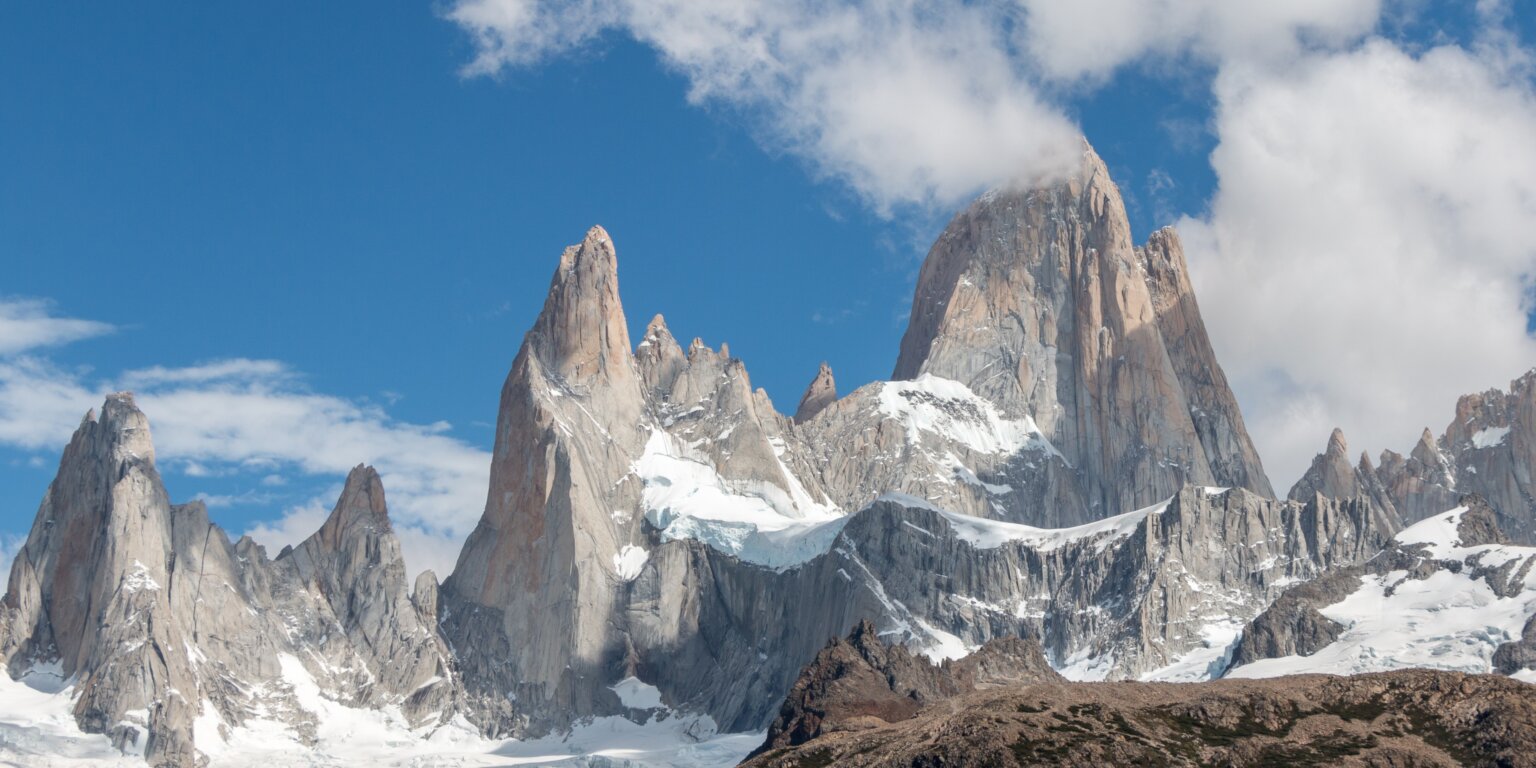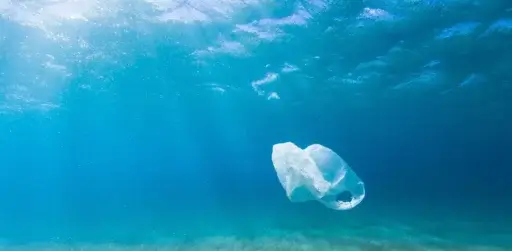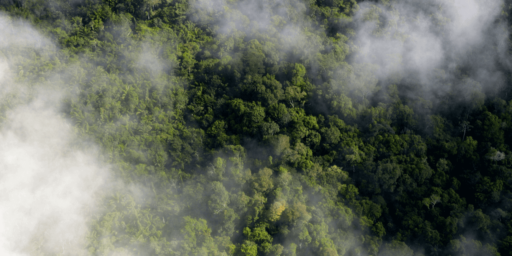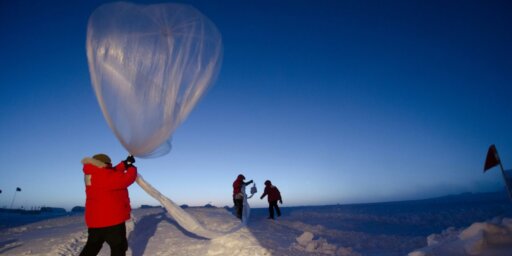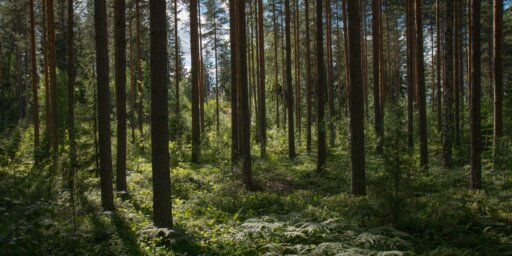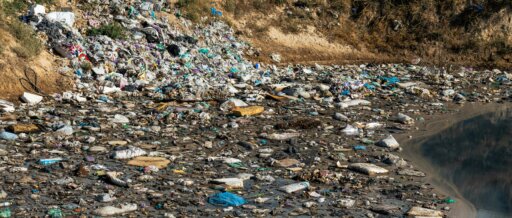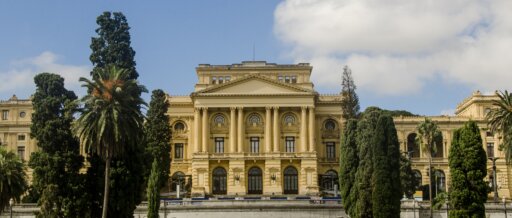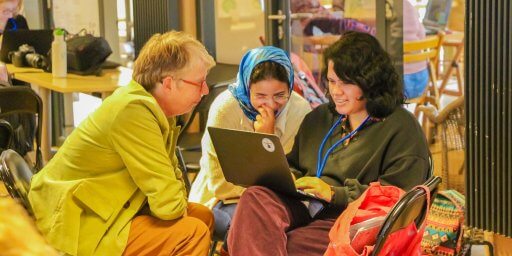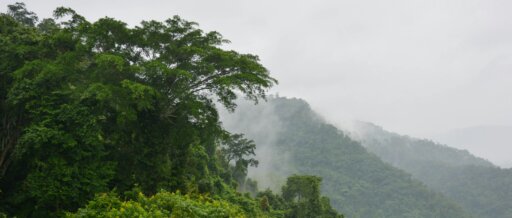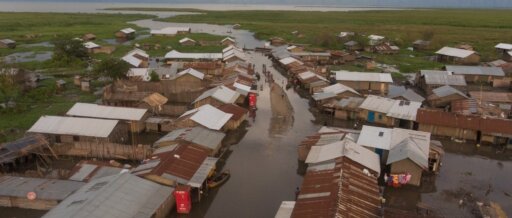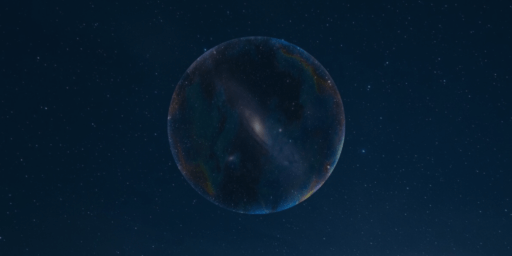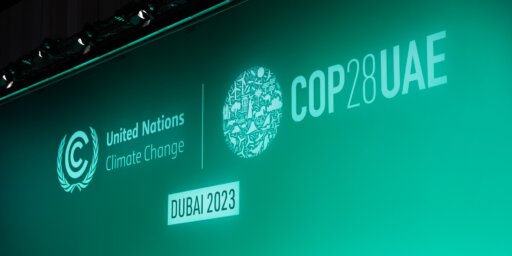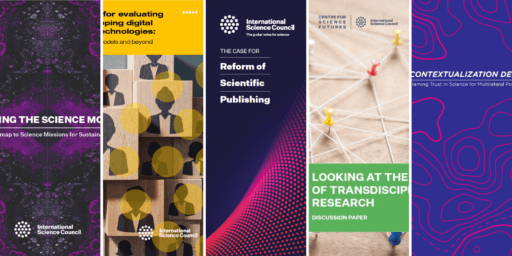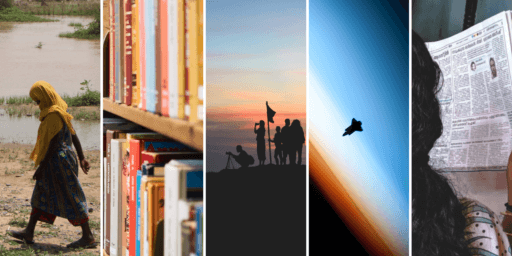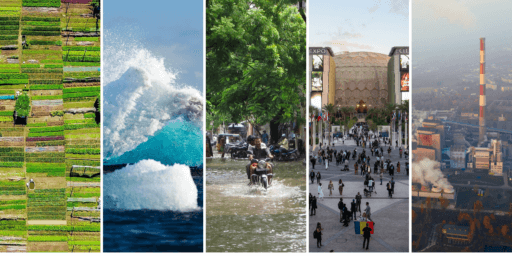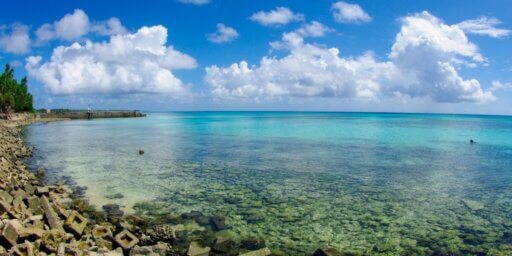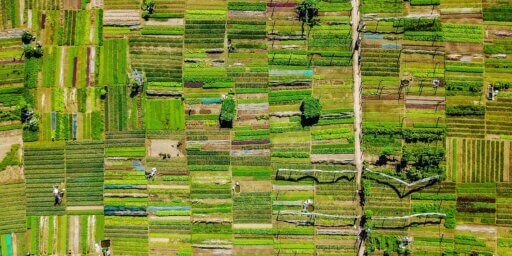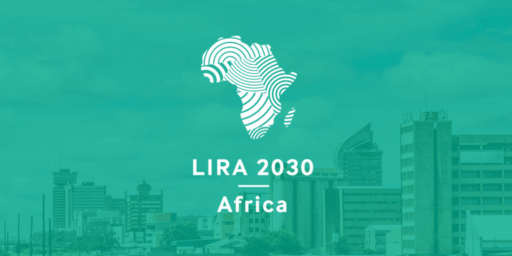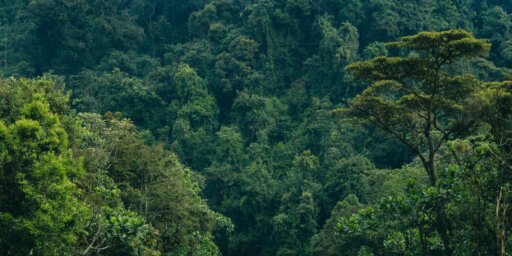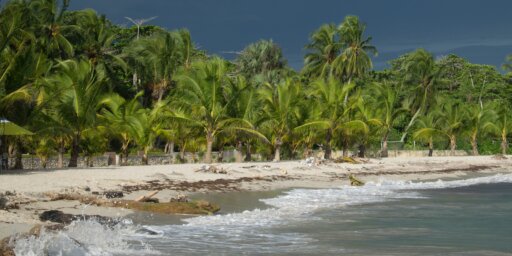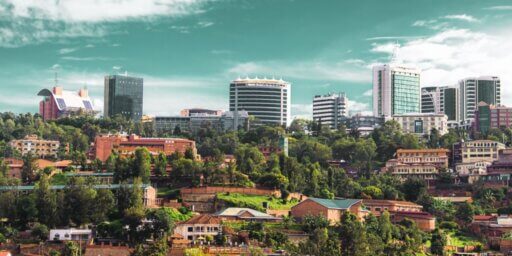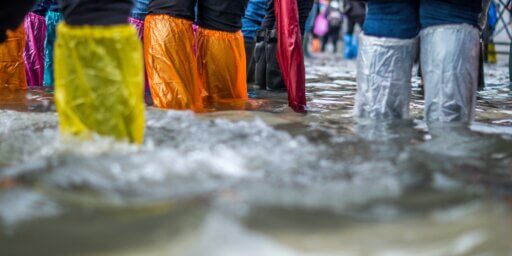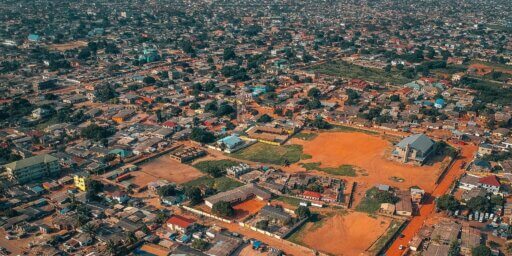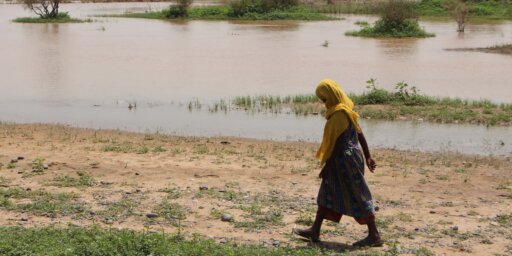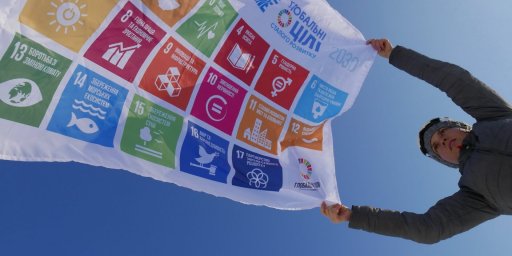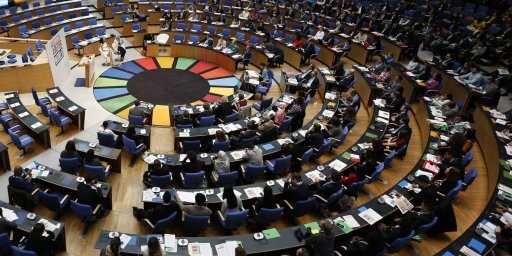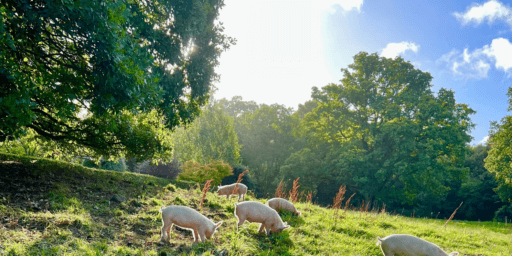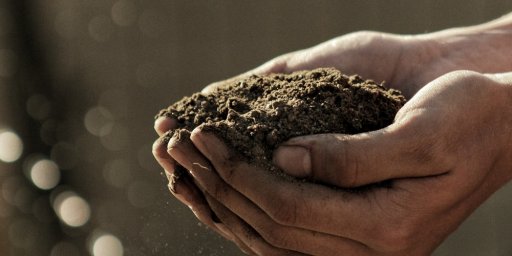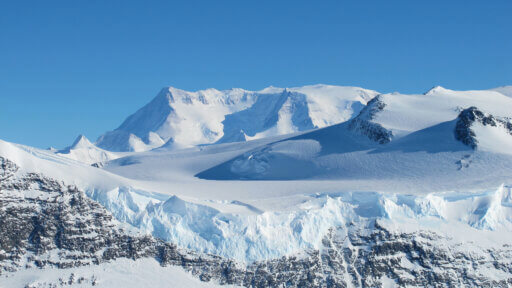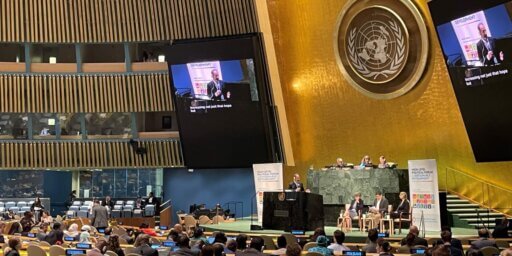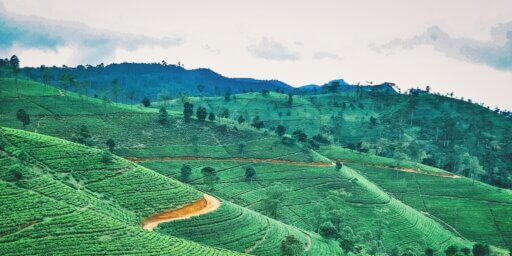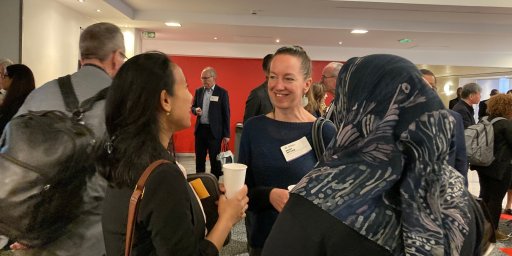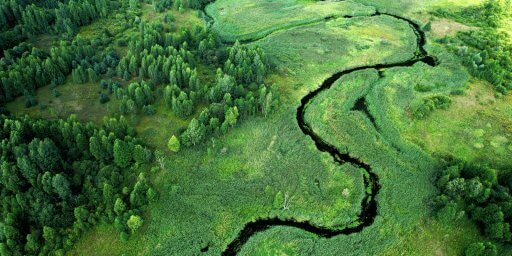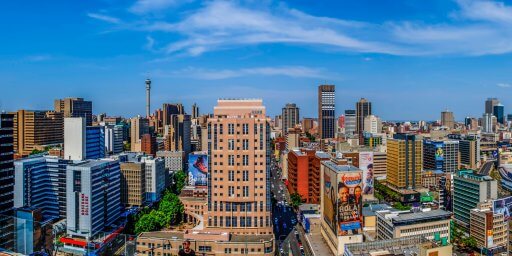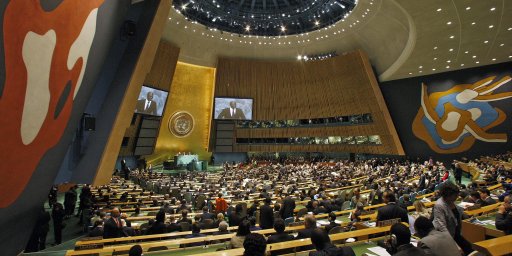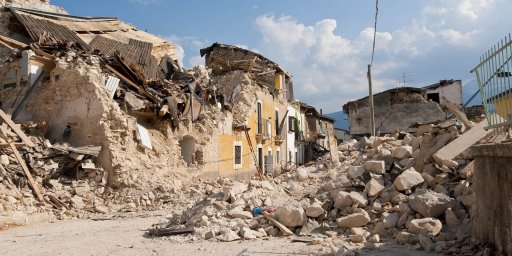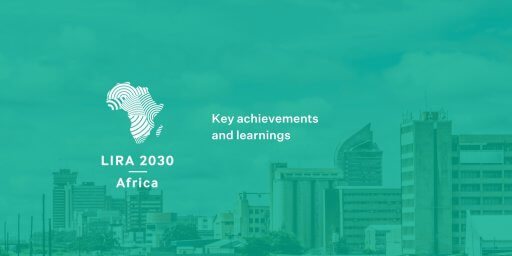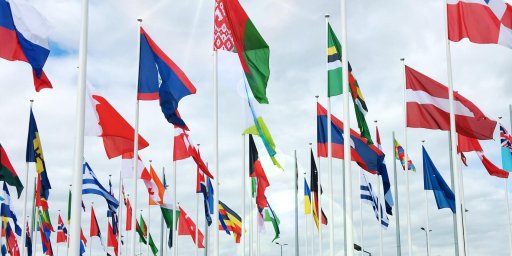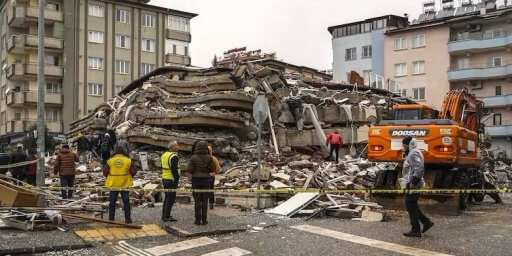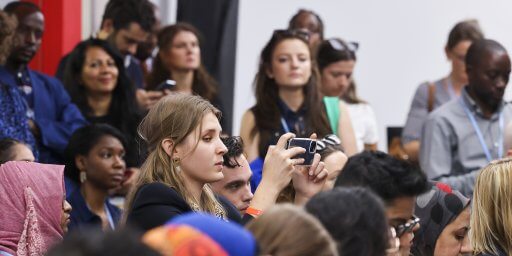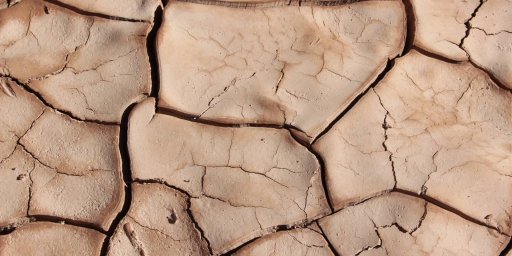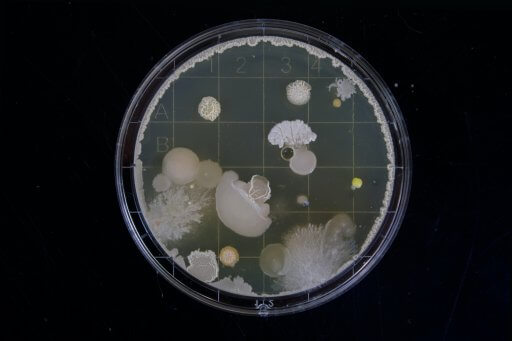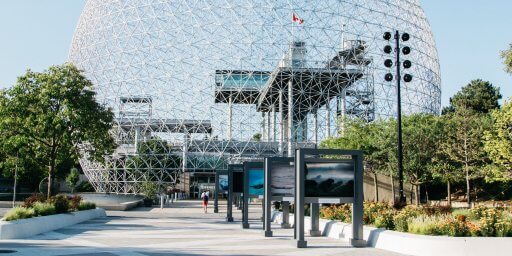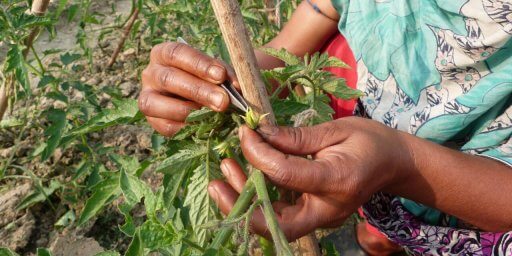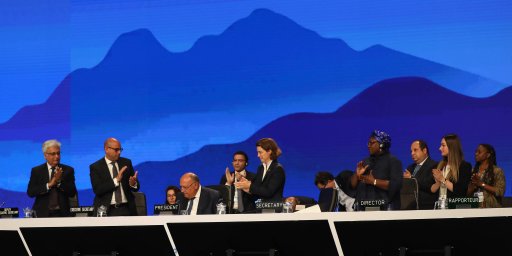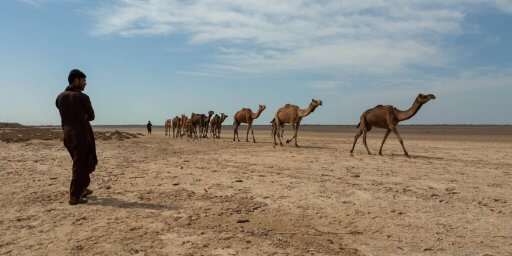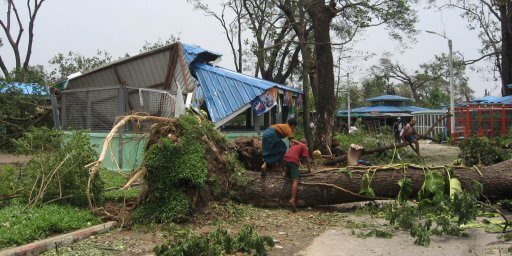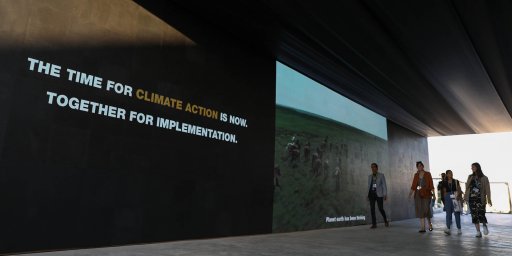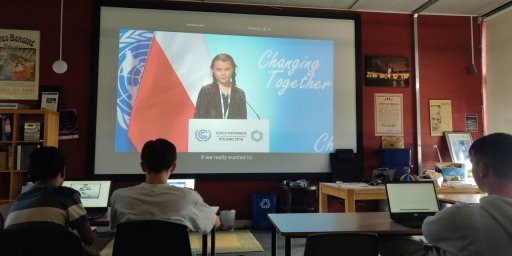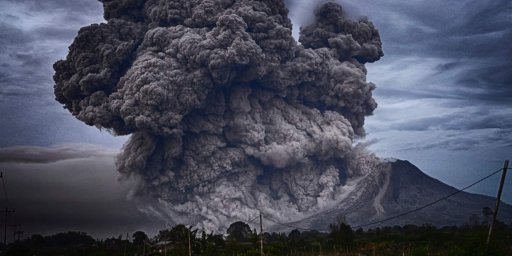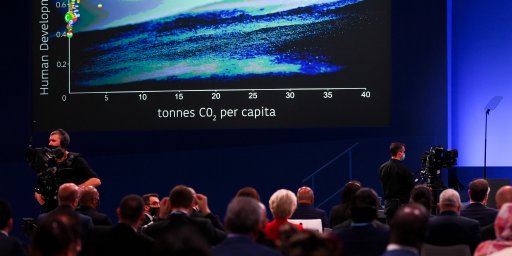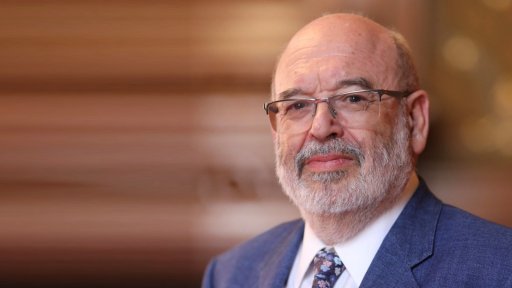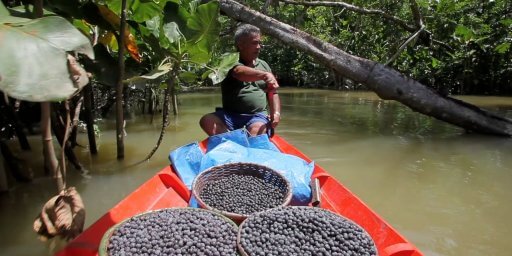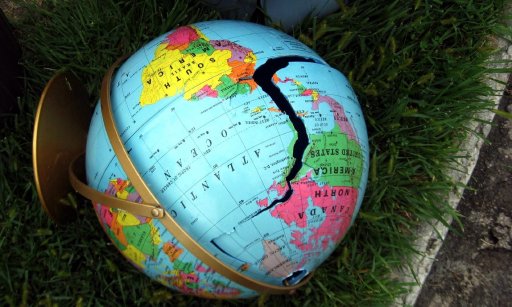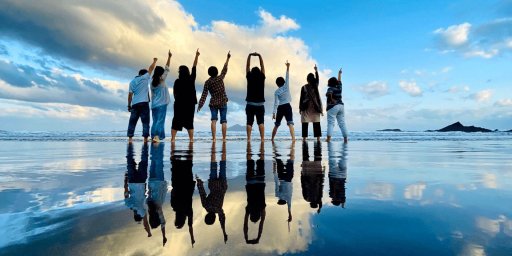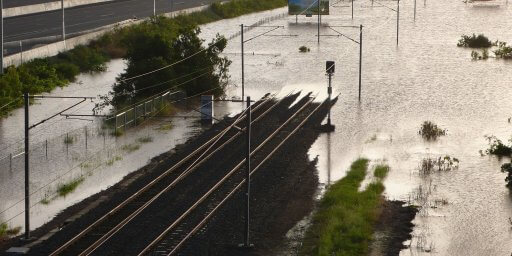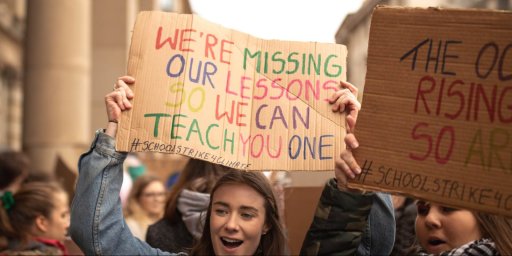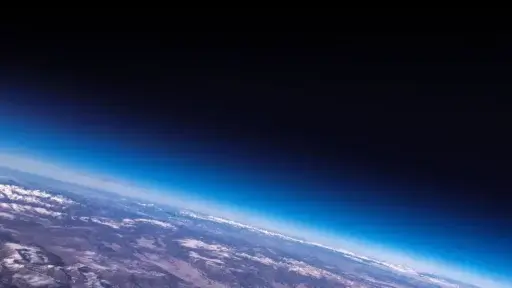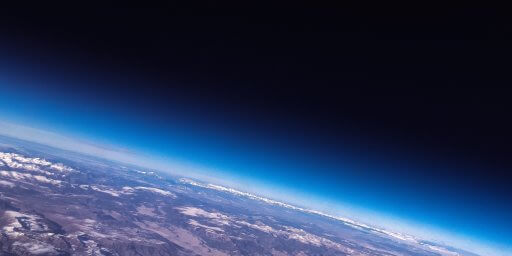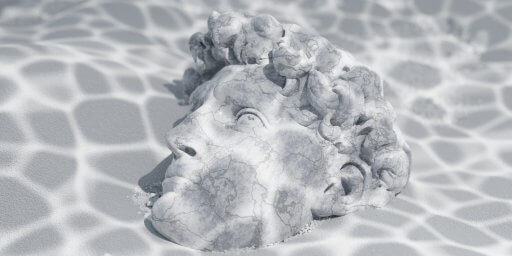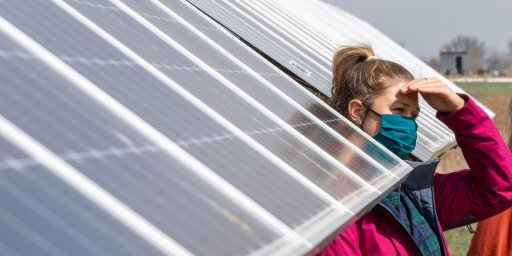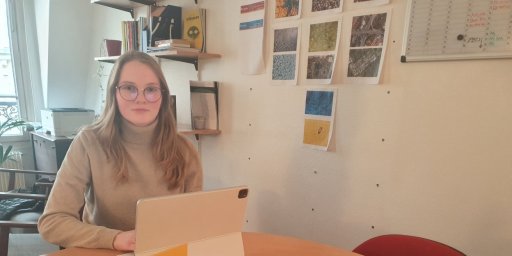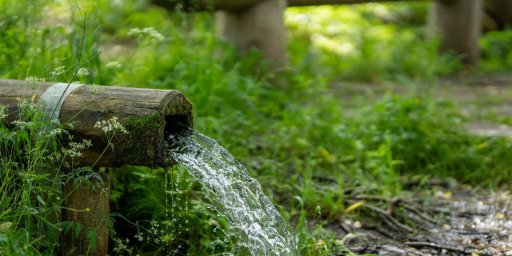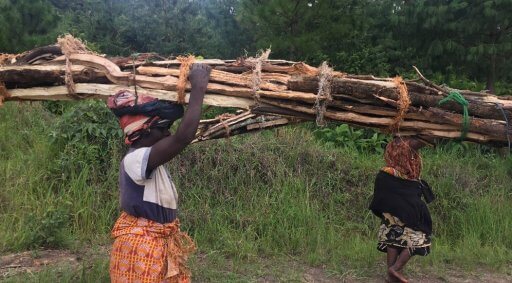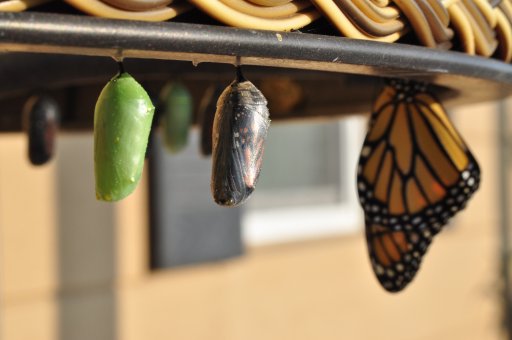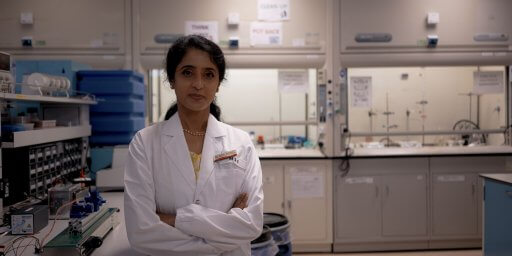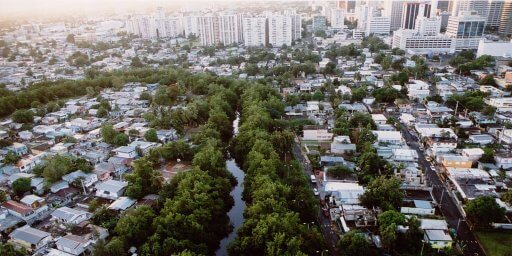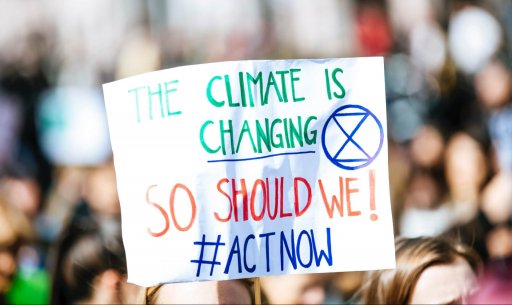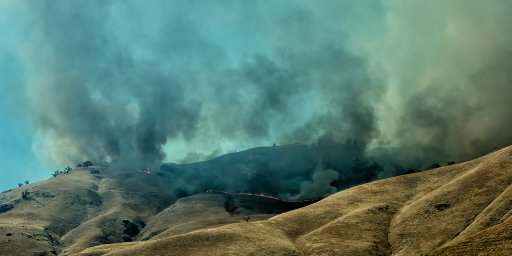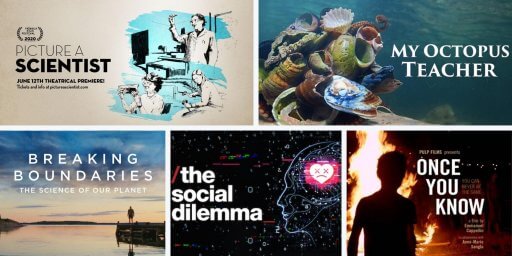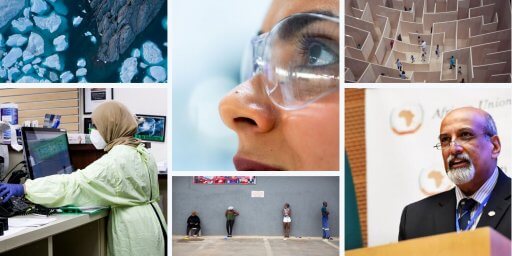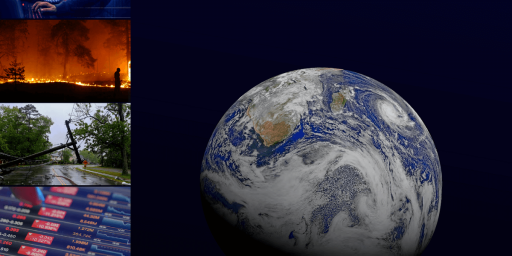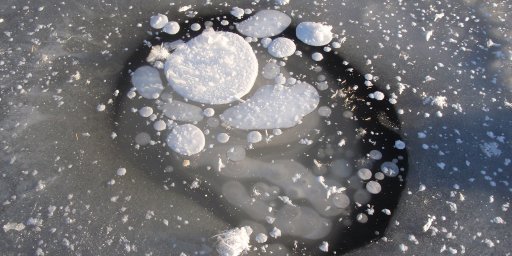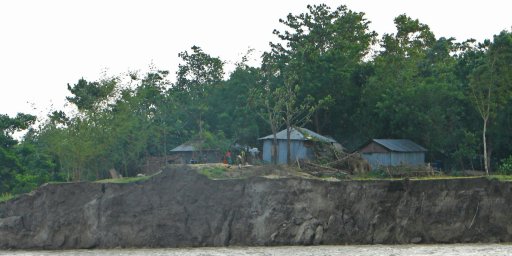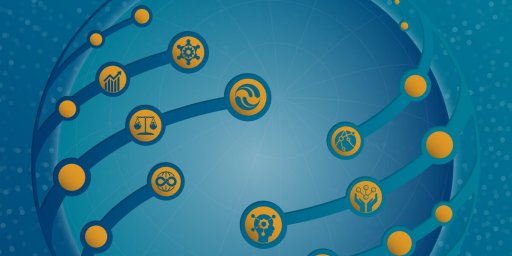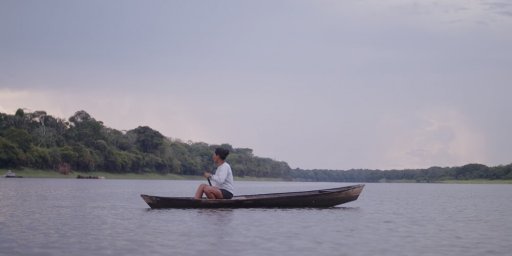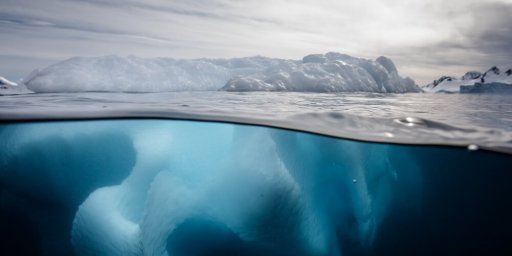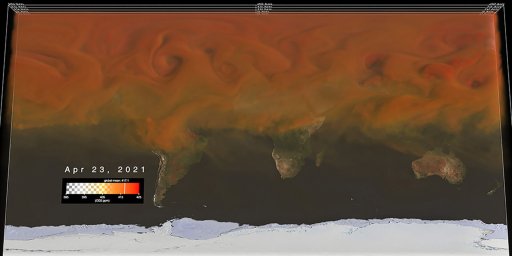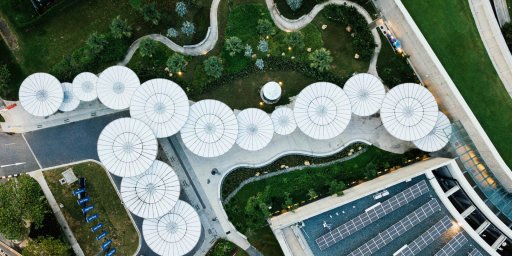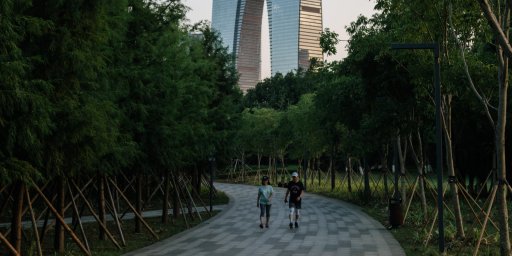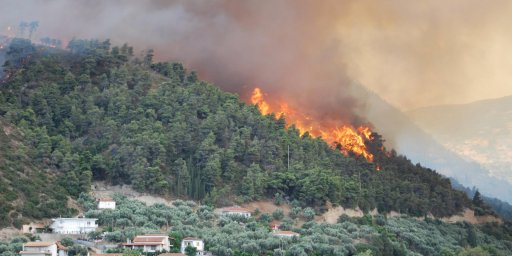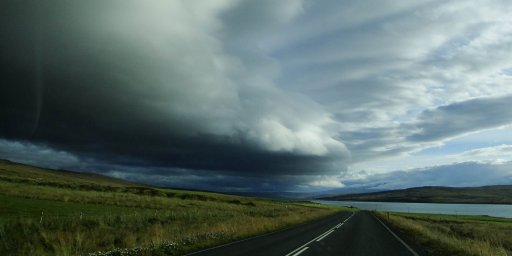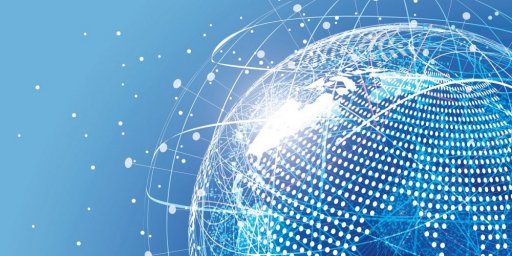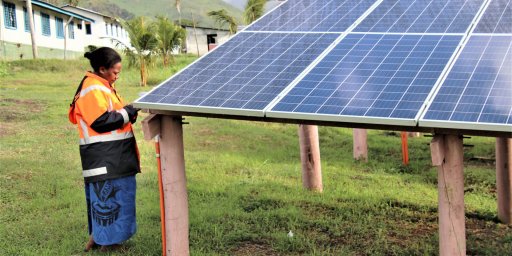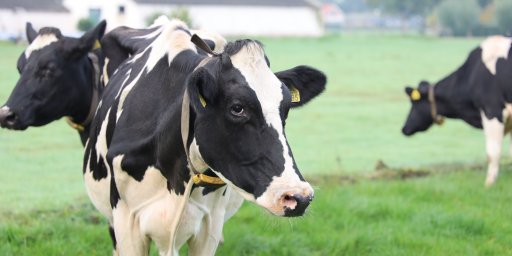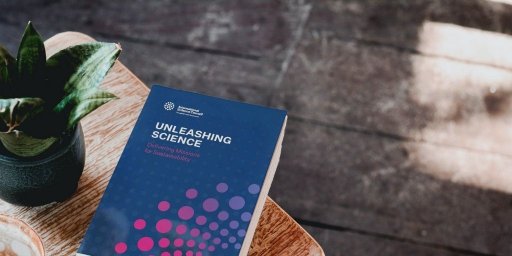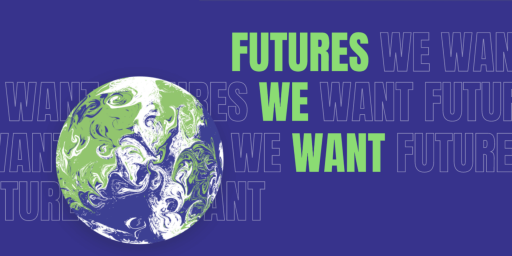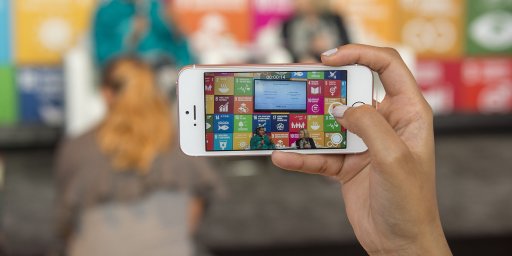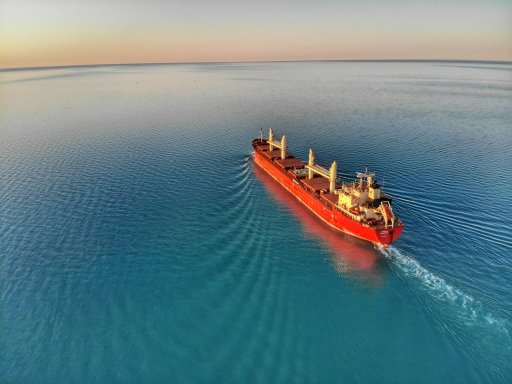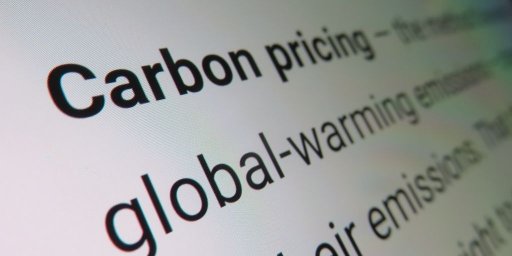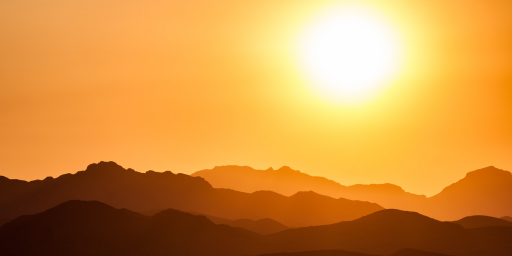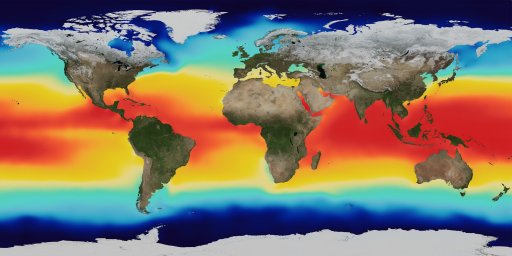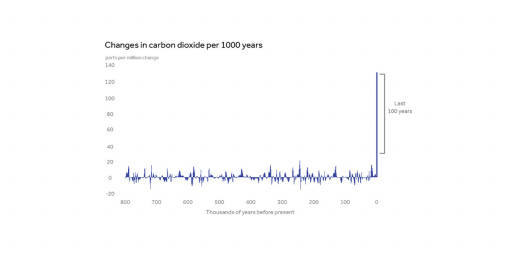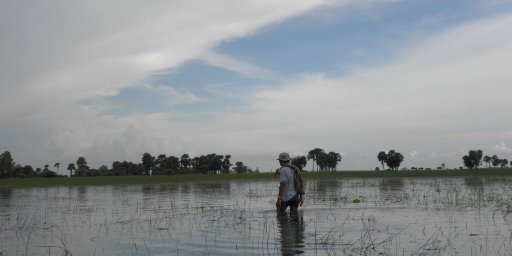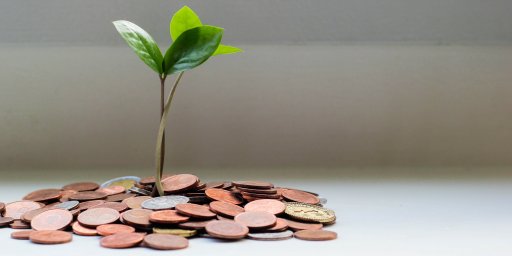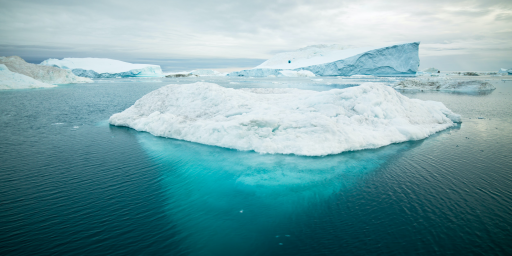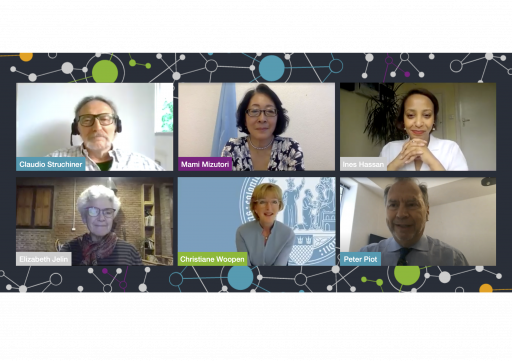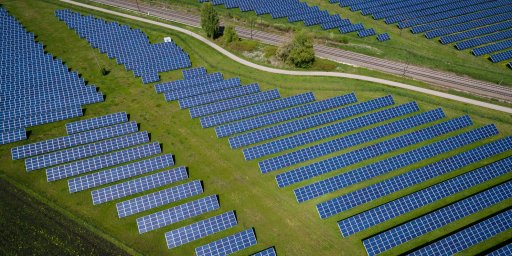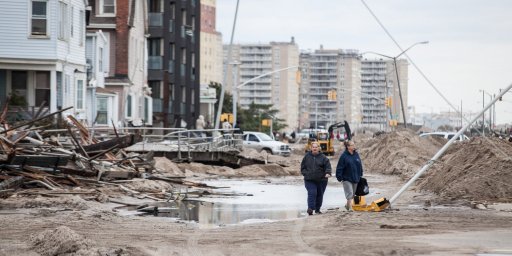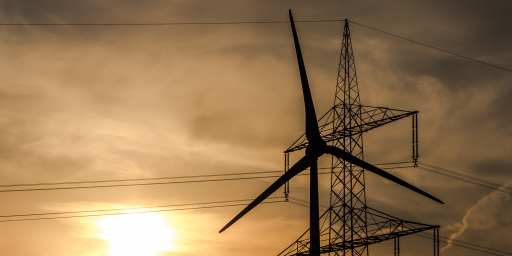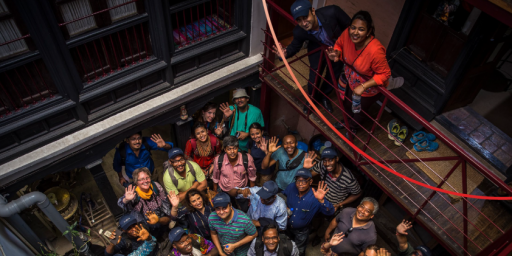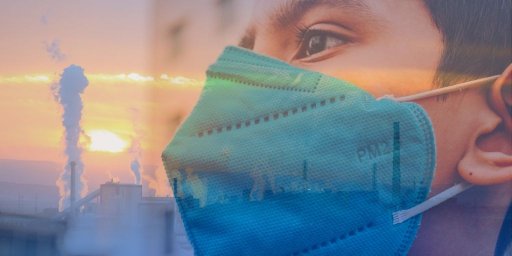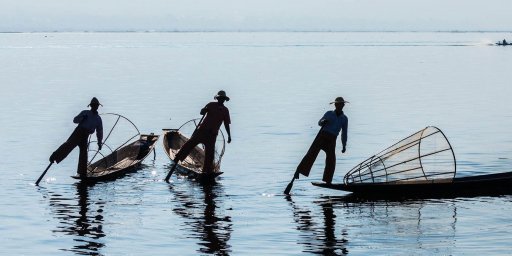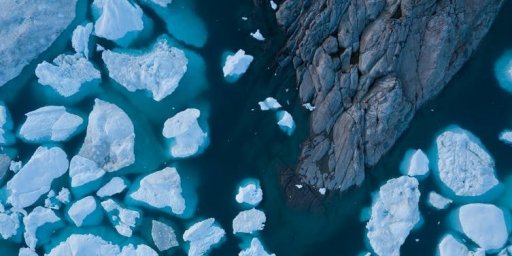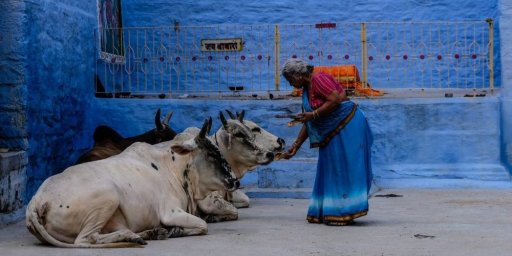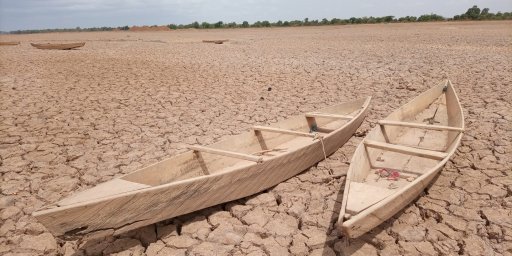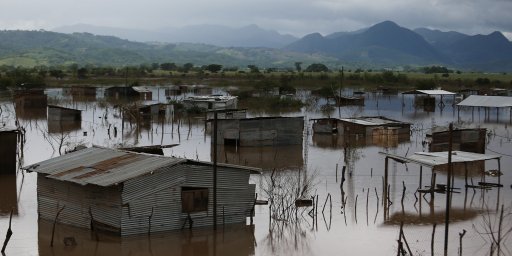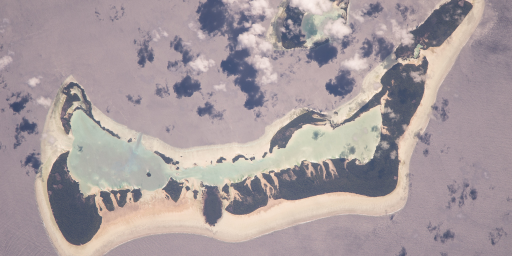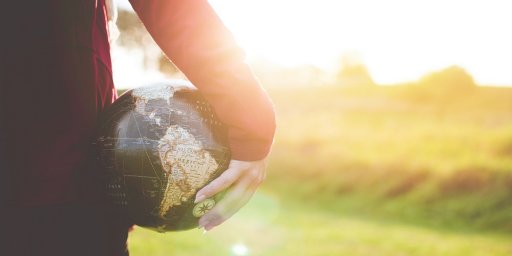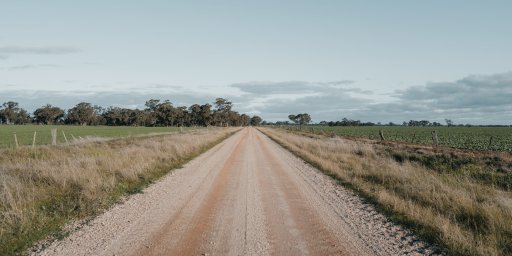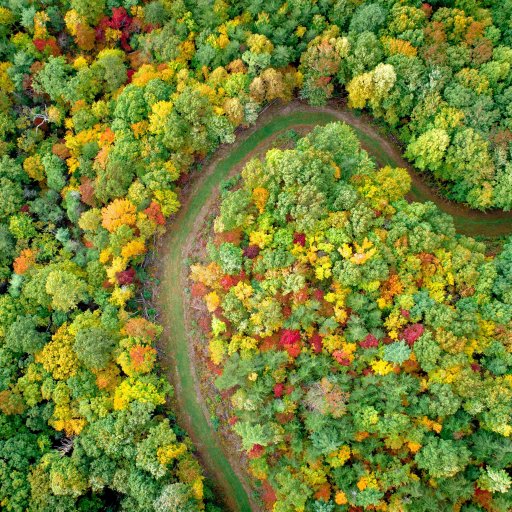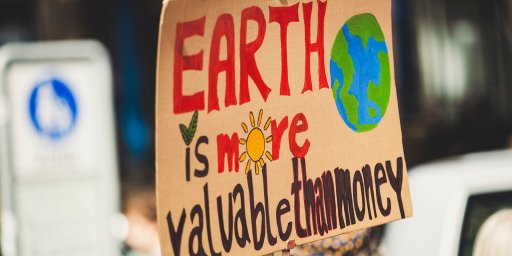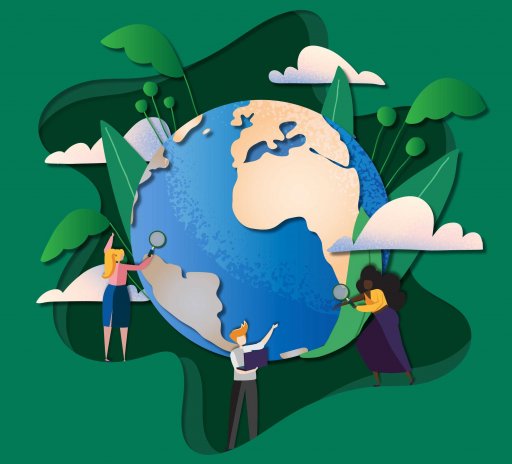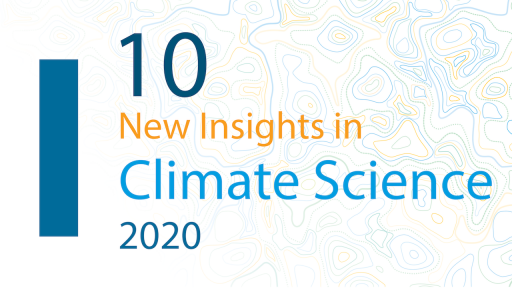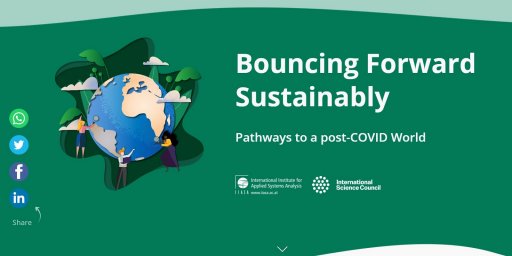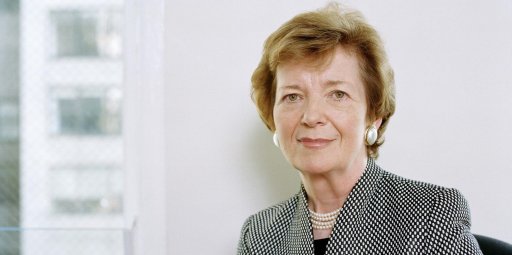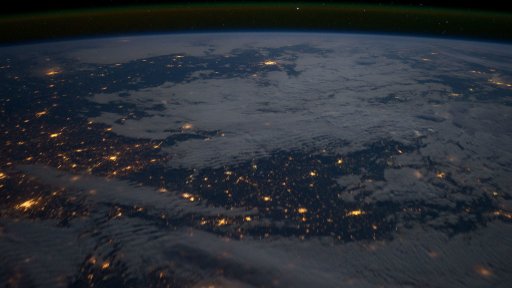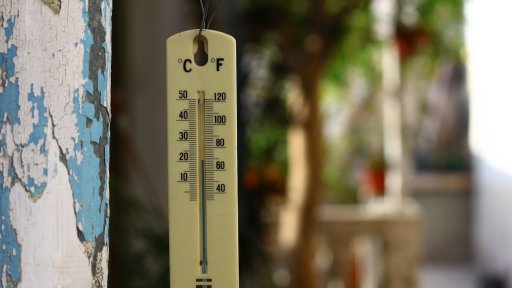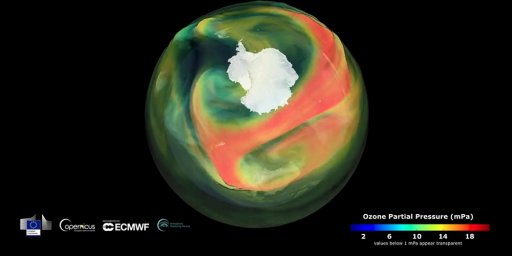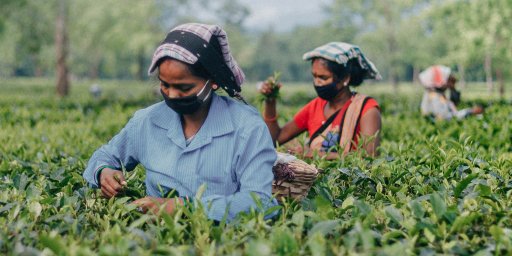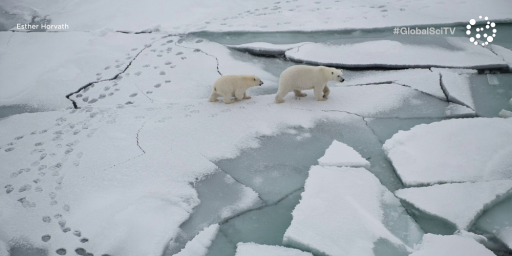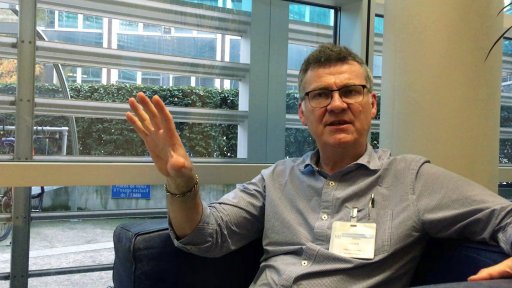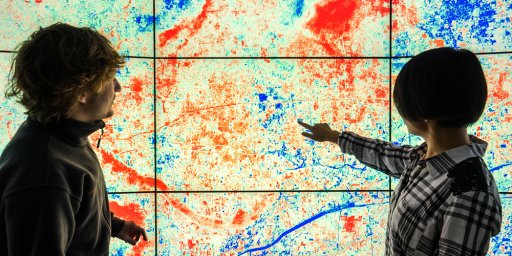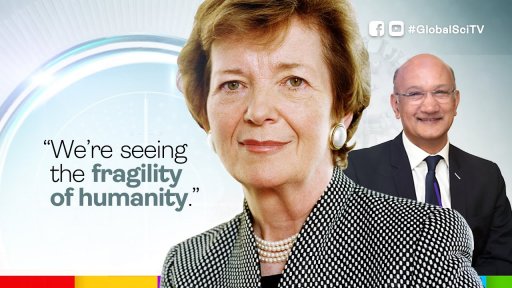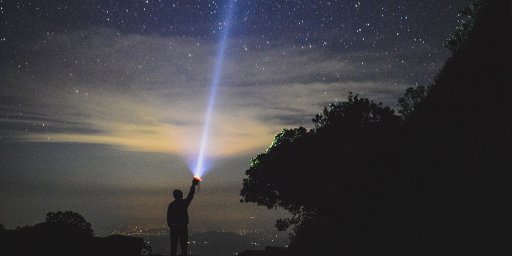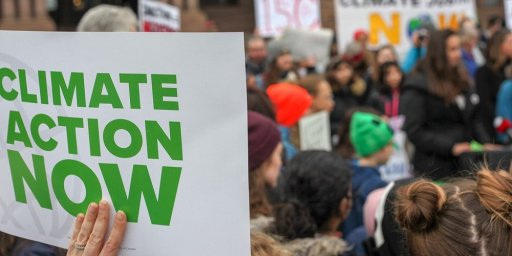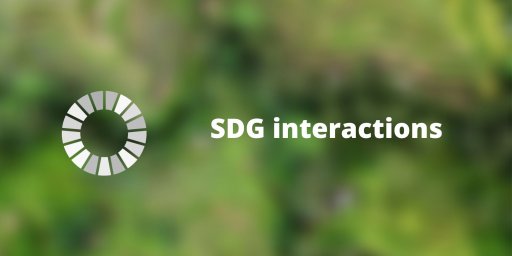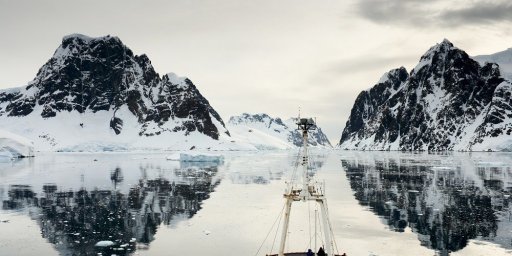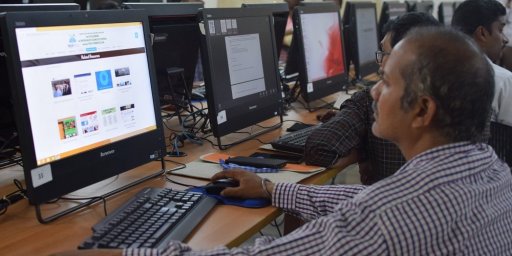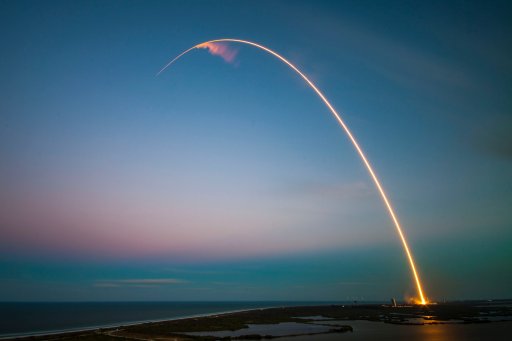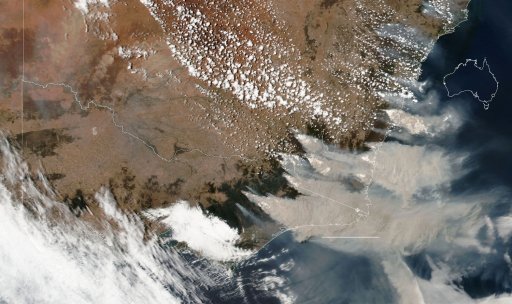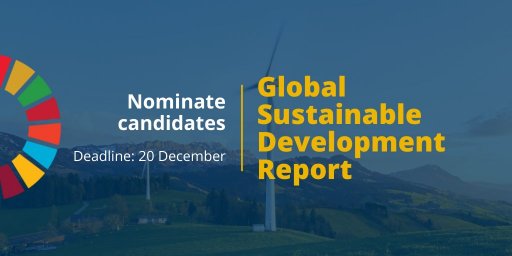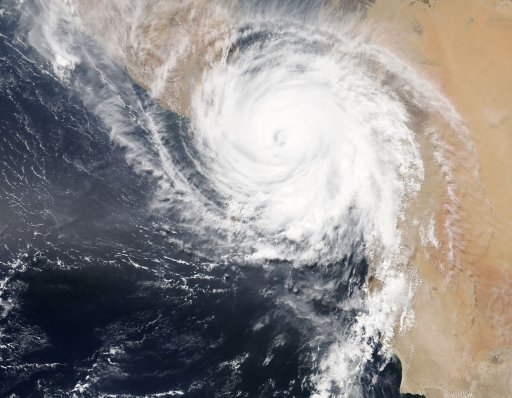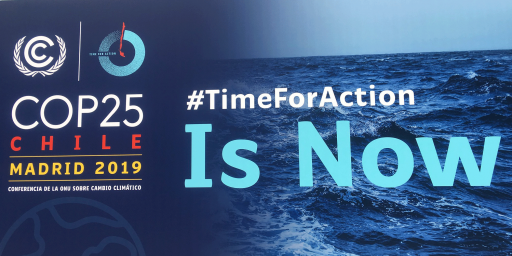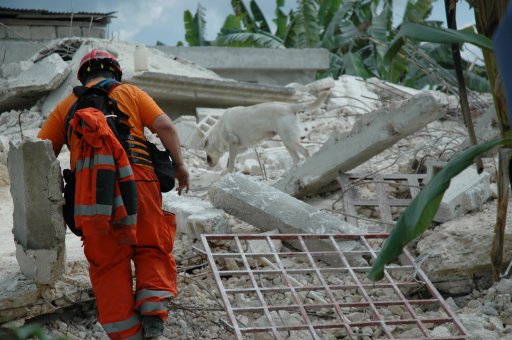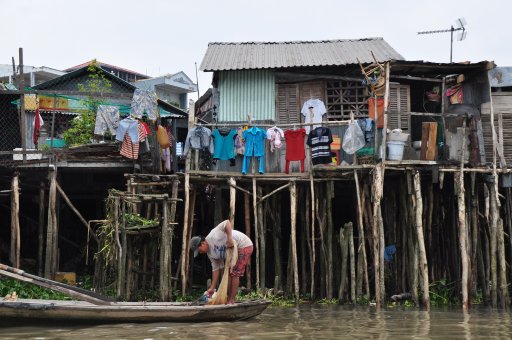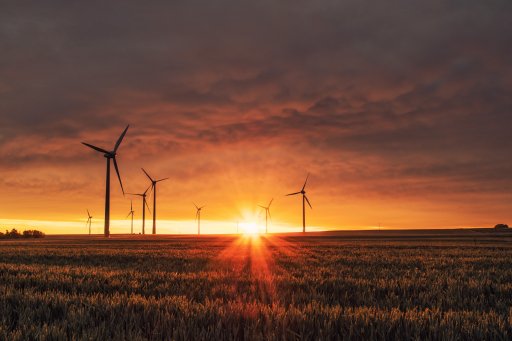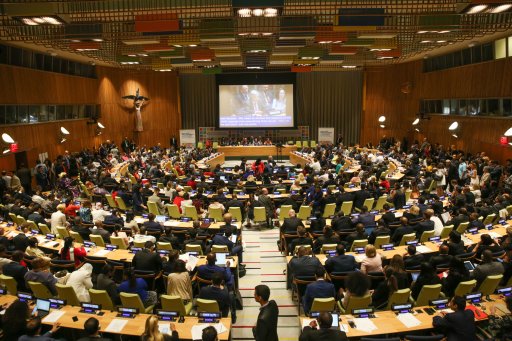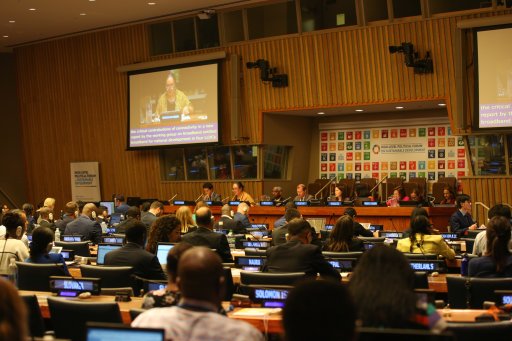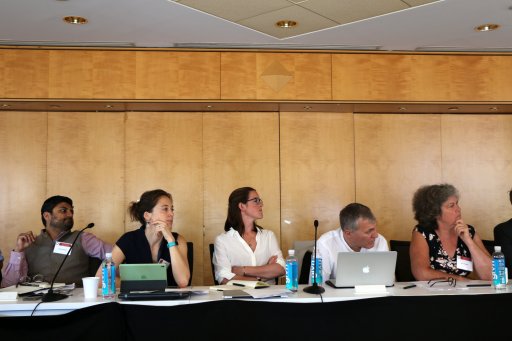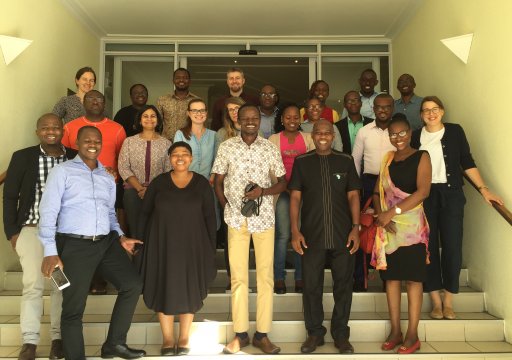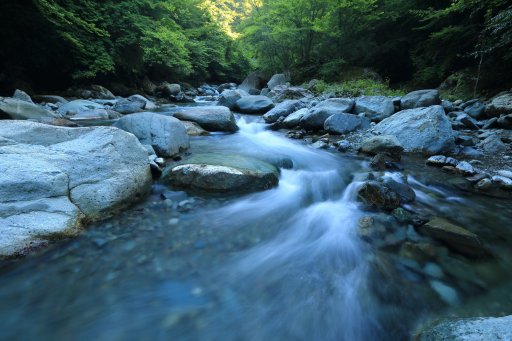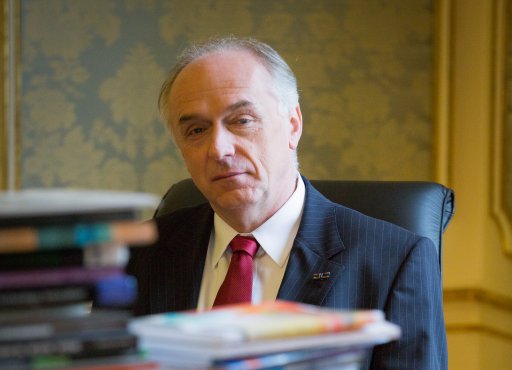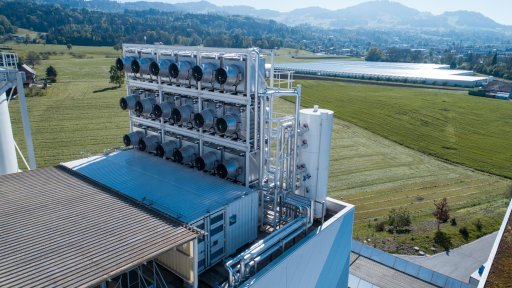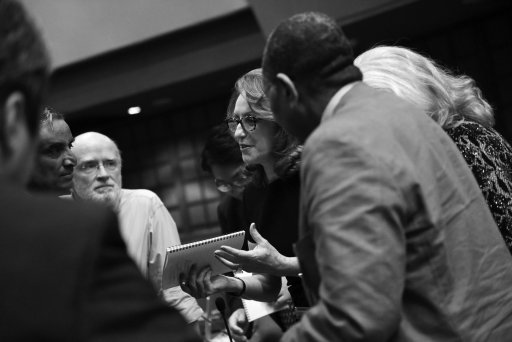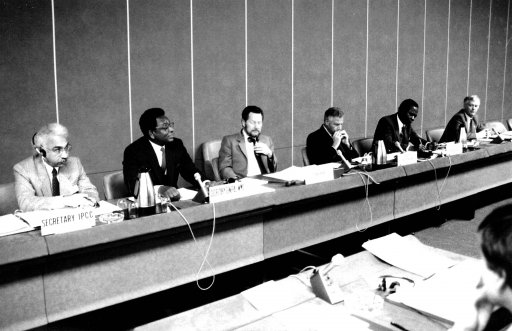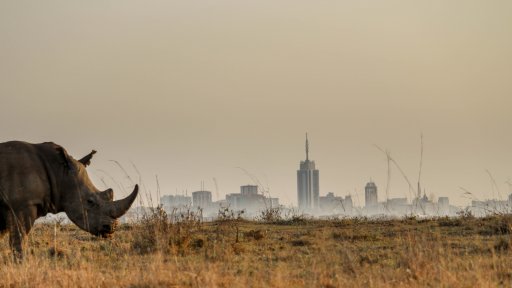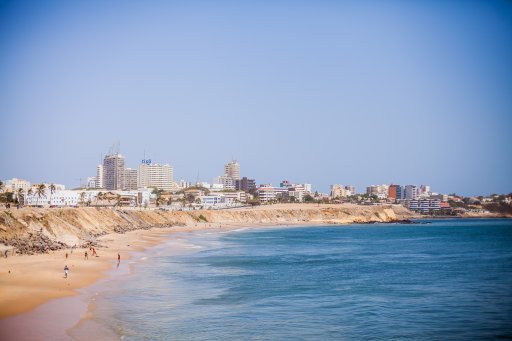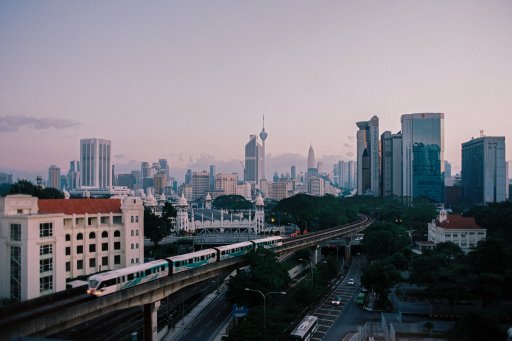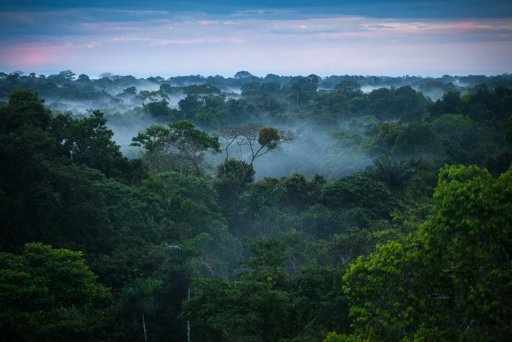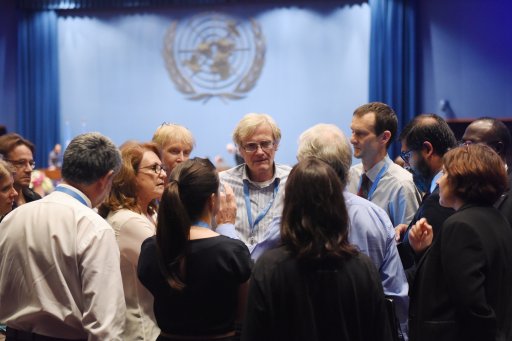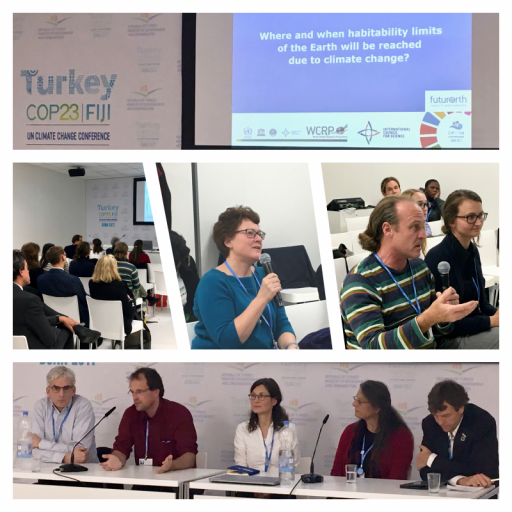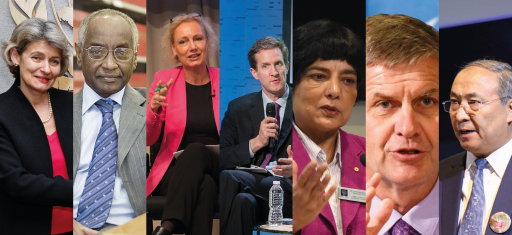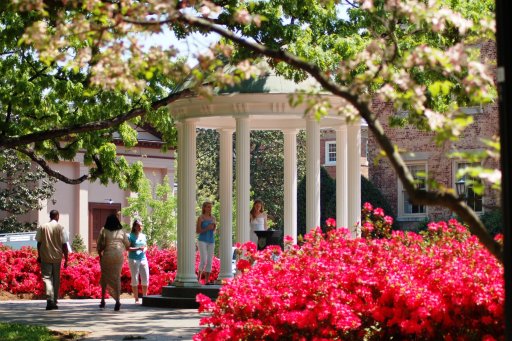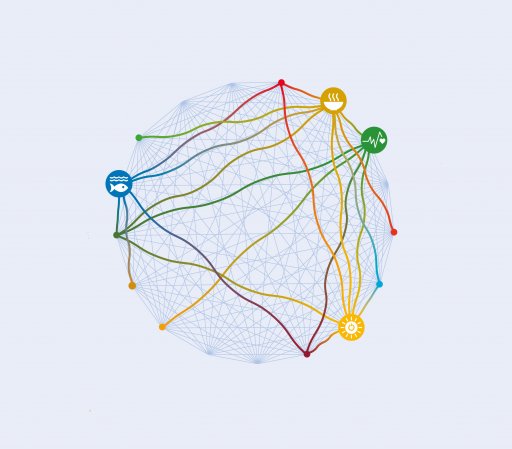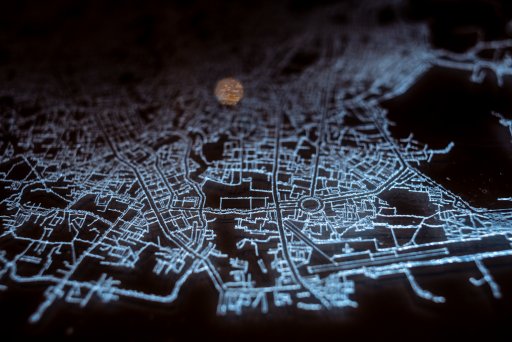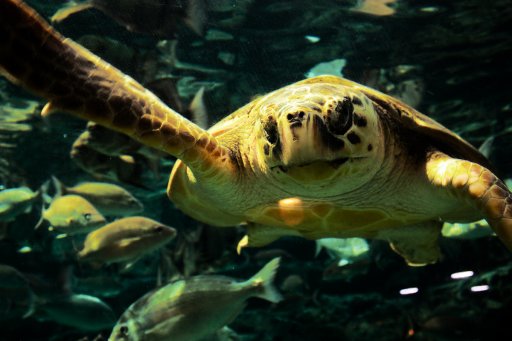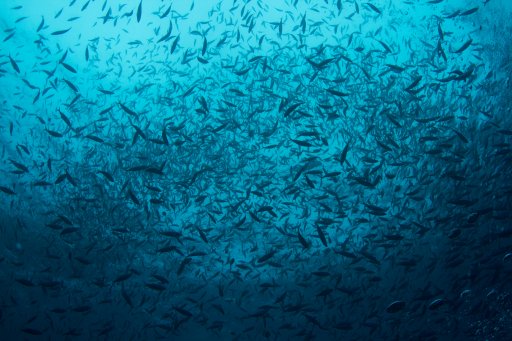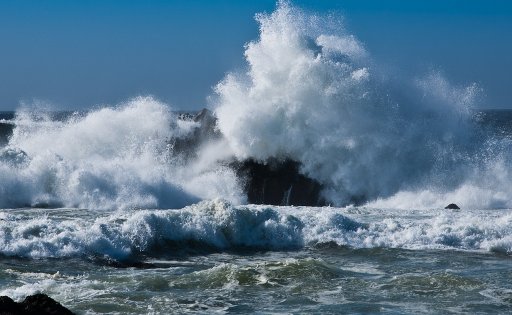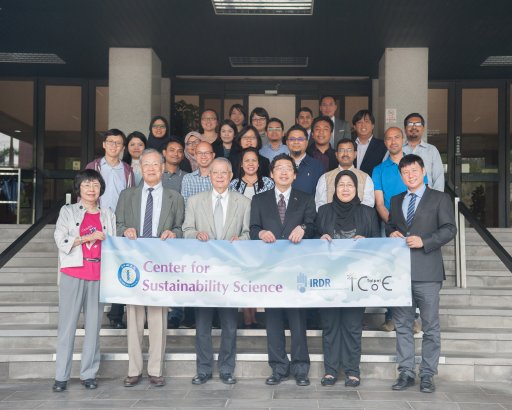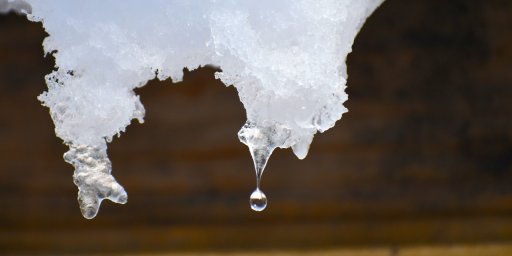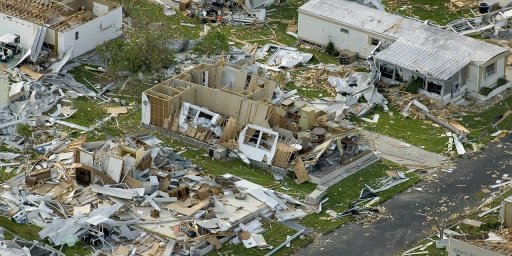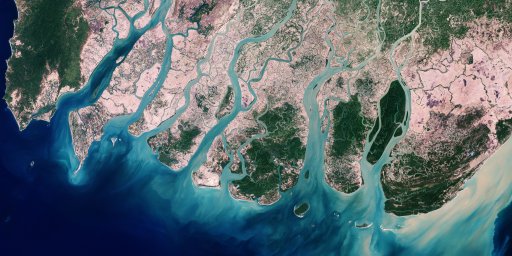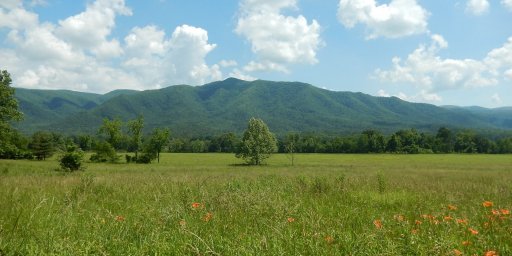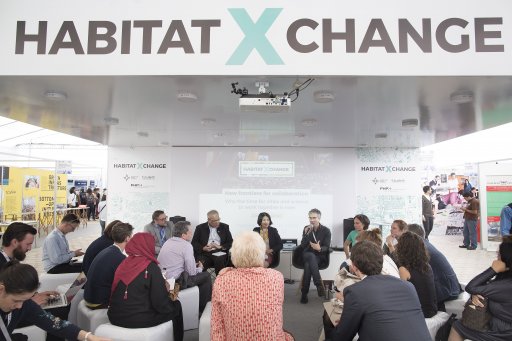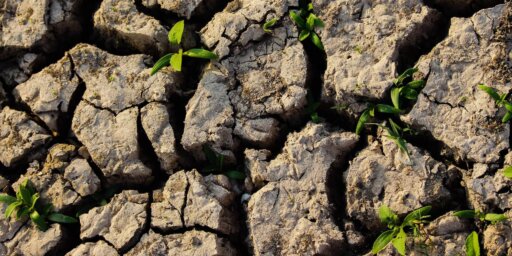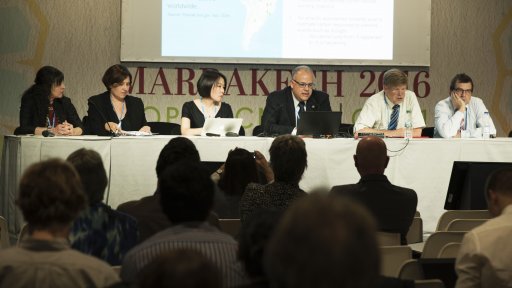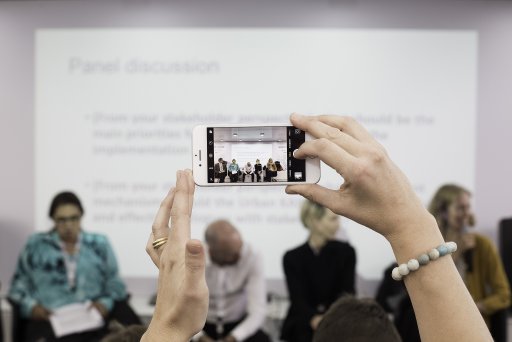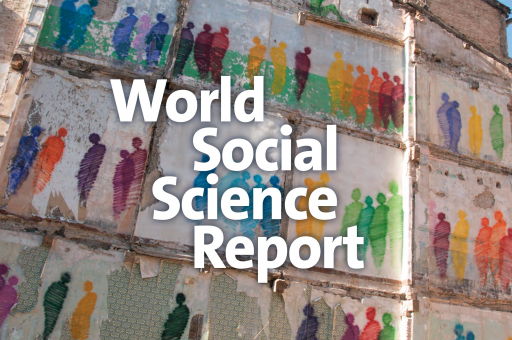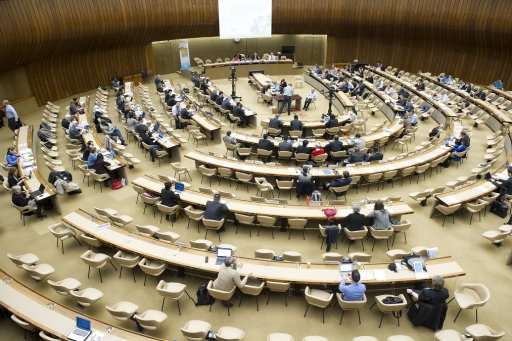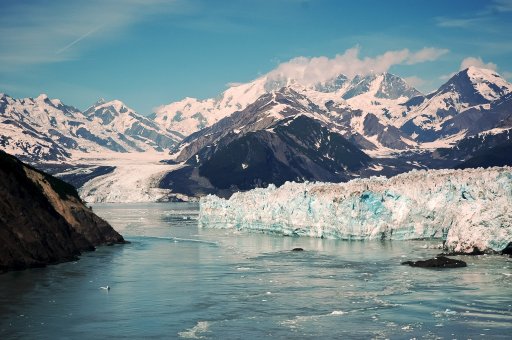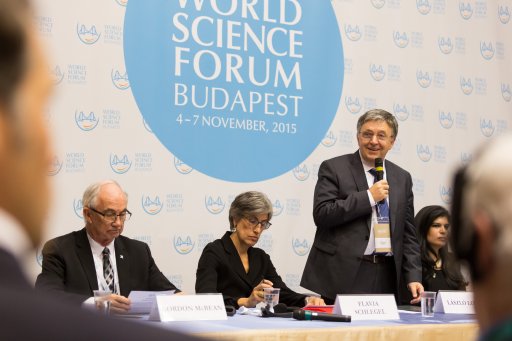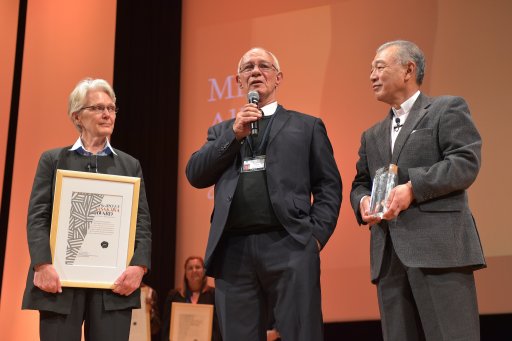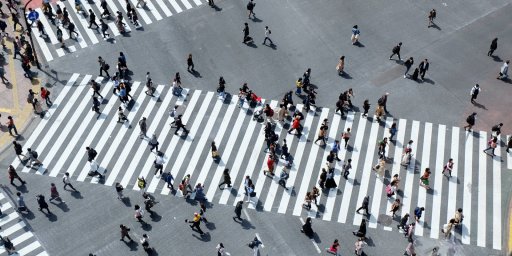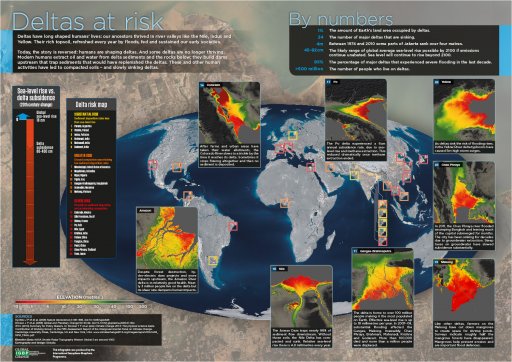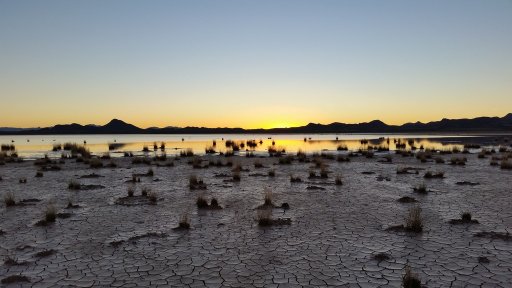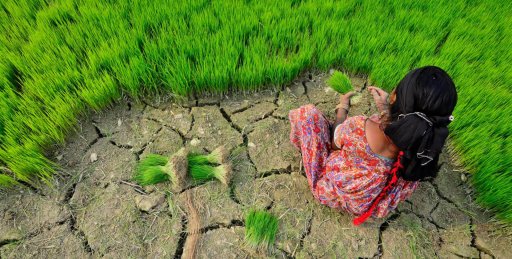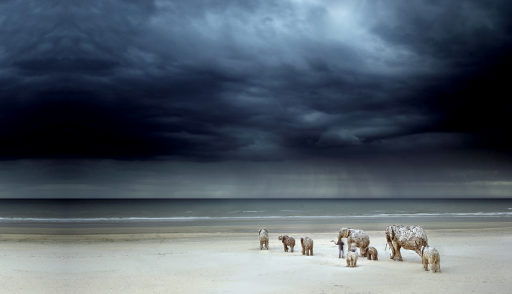This piece is part of a series of special blogs developed to raise awareness on inclusive climate perspectives, with focus on early-career researchers (ECR) and scientists from the Global South. In this article, Dr. Leandro Diaz, a climatologist from Argentina, shares his perspective on global solidarity for climate justice.
North-South solidarity for climate
The global climate challenge is marred by an unsettling imbalance. The Global South unfairly struggles with climate change, despite their historically negligible contribution to the environmental crisis.
These countries experience more climate-related disasters (droughts, floods, or cyclones) than their northern counterparts. Unfortunately, this is just the tip of the iceberg in a far more intricate scenario; because these countries are often already grappling with pre-existing political, social, or environmental challenges, they also face higher risks to the devastating impacts of these events. Inadequate building infrastructure, healthcare, and sanitation systems all exacerbate the already difficult situation.
In Central-Eastern Argentina, where Dr. Díaz resides, such extreme events pose a significant threat to the production sector, leading to economic losses that destabilize an already fragile economy. With the rise in extreme weather events, including heatwaves, heavy rains, prolonged droughts, and wildfires, regions that rely on agriculture and livestock, like his own, face a particularly precarious situation. That said, Dr. Díaz underscores that urban regions are also at risk, with heatwaves in urban areas putting excess pressure on electricity, resulting in higher numbers of casualties.
A more sustainable solution
While one-time international aid does provide initial relief, the true requirement lies in long-term sustainability. According to Dr. Díaz, we need to pursue structural solutions to secure a better future for all. He emphasizes a double-pronged solution: fairer international conditions that leave neo-colonial economic relationships behind and the promotion of direct collaboration with the most vulnerable communities to improve their infrastructure.
Dr. Díaz calls for the prioritization of adaptation policies in the Global South, namely the enhancement of science and technological advancement, increased local capacity to address climate change, more efficient early warning systems, improved infrastructure, and improved land-use planning and ecological preservation through science-informed policies.
Shaping a sustainable future: nurturing new climate leaders
For Dr. Diaz, early-career researchers play a pivotal role in climate research for several reasons. First and foremost, they represent the future of the discipline and will assume leadership roles as the field becomes increasingly central in light of the escalating climate crisis. According to him, they also possess a more acute environmental sensitivity due to their generational perspective, having already experienced the initial consequences of climate change throughout their relatively short lives, with expectations of continued exposure in the future.
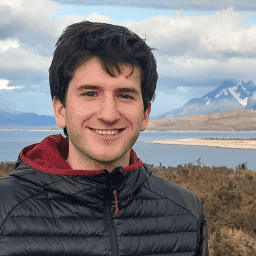
Leandro B. Diaz
Dr. Leandro B. Díaz is an early-career researcher (ECR) specializing in climatology, with a focus on climate variability, prediction, and change in southern South America. He works at the Center for Research on the Sea and the Atmosphere (CIMA), which is part of the University of Buenos Aires. As a scientist, his primary goal is to create positive socio-economic impacts and prevent human losses.
“As an early-career scientist, I consider my research paramount to contribute to the construction of a progressively fairer society. Science contributions, including citizen science and collaborative climate knowledge co-creation, are crucial to develop community-aligned early warning systems and climate prediction tools, ultimately enhancing preparedness for extreme events.”
Explore the other topics and interviews of the series:
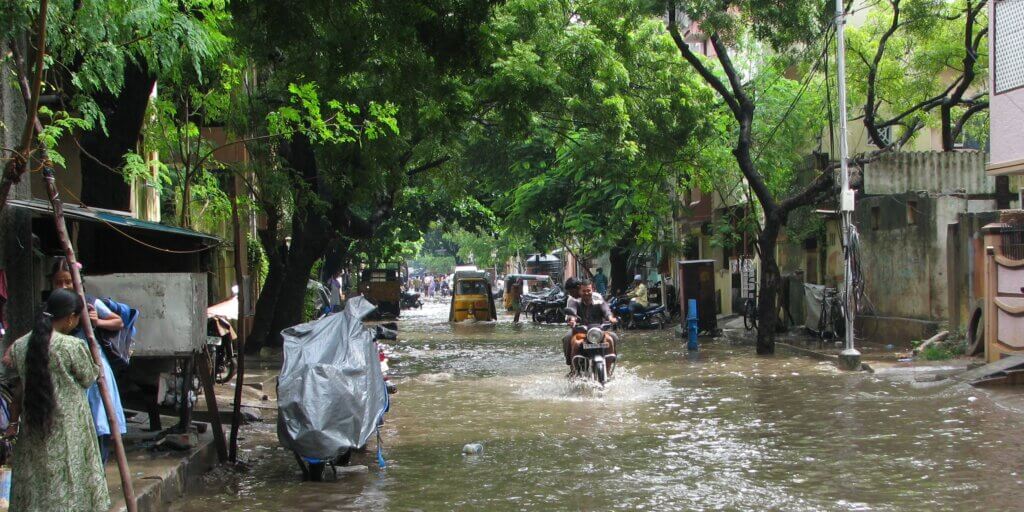
From monsoon joy to fear: a climate crisis awakening
In this article, Dr. Shipra Jain, a physicist and climatologist from India, bares her heart on climate change and its impacts on society.
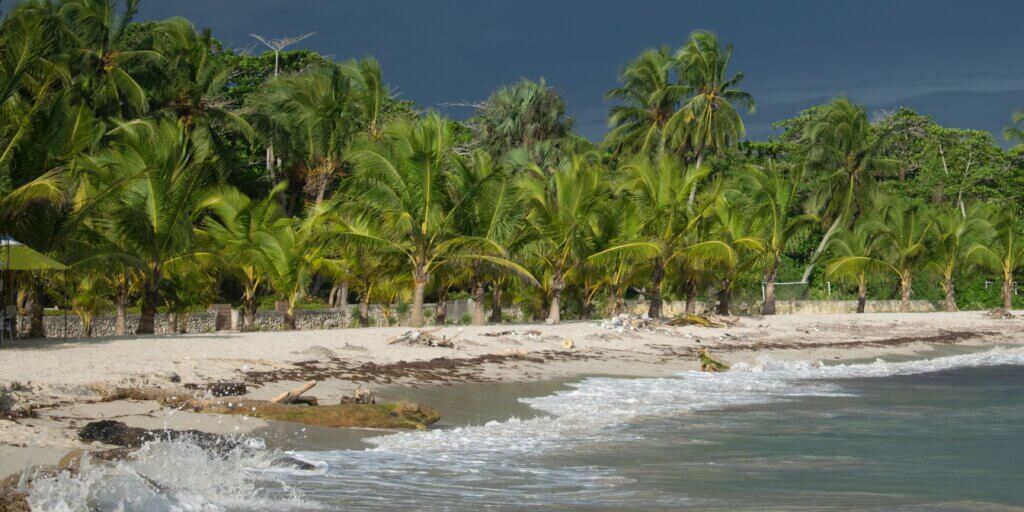
The human dimension of disaster risk reduction: social sciences and climate adaptation
In this article, Dr. Roché Mahon, a social scientist specialized on climate, highlights how social sciences can effectively improve climate adaptation and ultimately save lives.
About the Open Science Conference Kigali: a beacon for the Global South
The World Climate Research Programme’s (WCRP) Open Science Conference (OSC) is holding its first African edition in Kigali, Rwanda. The once-in-a-decade global conference will address the disproportionate impact of climate change on the Global South, foster mutual understanding, and discuss transformative actions urgently needed for a sustainable future, with a key focus on the “Kigali Declaration” to be presented at COP28.
The WCRP is also conducting a Symposium for Early and Mid-Career Researchers (EMCR), of which Dr. Díaz is an organizer. The event aims to boost EMCR presence, showcase EMCR work, foster networking with senior experts, and boost EMCR presence throughput the Open Science Conference sessions.
You might also be interested in
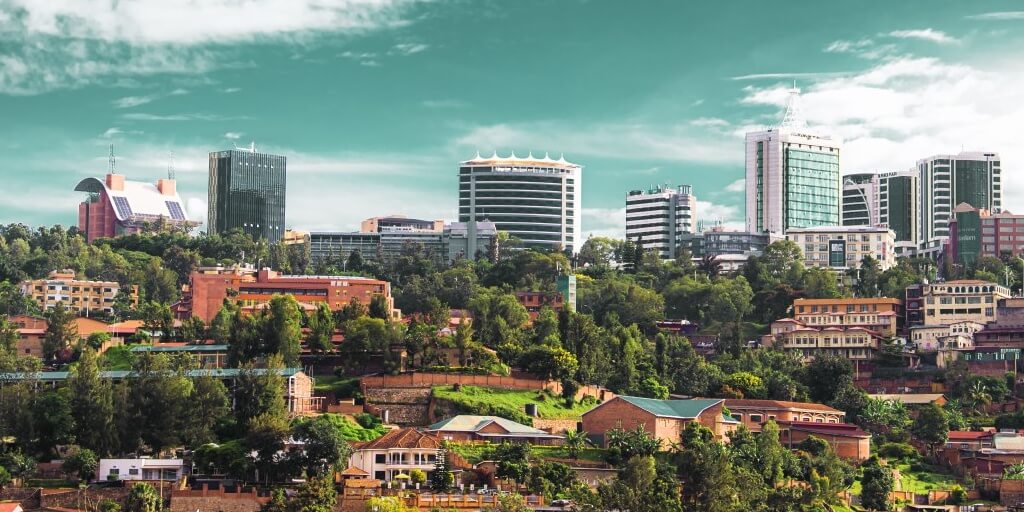
One world, one climate: a planetary call to action
Ambassador Macharia Kamau, Member of the ISC Global Commission on Science Missions for Sustainability, urges the international community to close the North-South gap in scientific research on climate and strive towards a ‘one world, one climate’ approach for global and sustainable solutions to the climate crisis.
Photo by Szabolcs Papp on Unsplash
Disclaimer
The information, opinions and recommendations presented in this article are those of the individual contributors, and do not necessarily reflect the values and beliefs of the International Science Council.
Related Items
Insights from Dr. Pedro Jaureguiberry, Frontiers Planet Prize National Champion, on biodiversity loss and planetary boundaries
25.04.2024
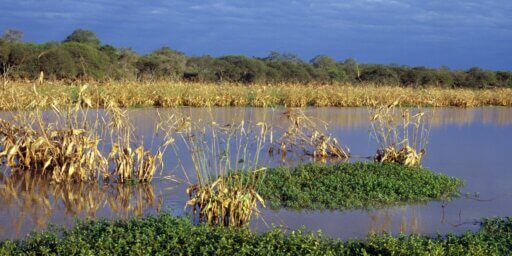
Disaster risk reduction: UNDRR and ISC to review Hazard Information Profiles ahead of 2025 Global Platform
09.04.2024
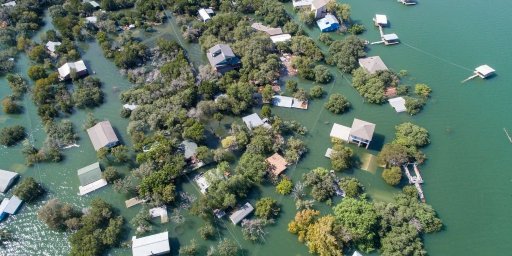
Pacific Islands Academy of Sciences and Humanities: A Pivotal Step Towards a Resilient Future
01.03.2024
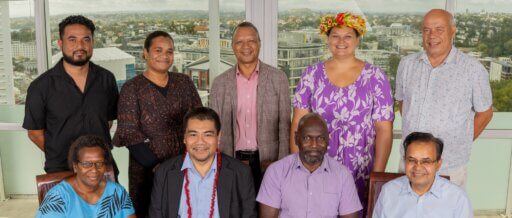
World Climate Research Programme launches a Lighthouse Activity on Climate Intervention Research
15.02.2024

The International Science Council appoints 100 new Fellows to help advance its vision of science as a global public good
19.12.2023
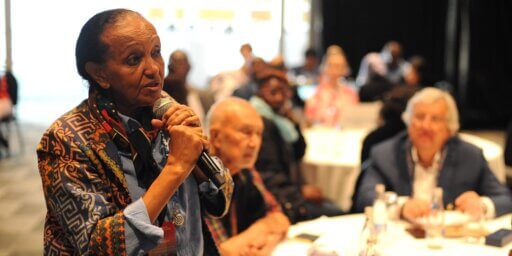
Fostering tomorrow’s science: the ISC's engagements with Early and Mid-Career Researchers in 2023
13.12.2023

"What's holding us back?": how economists and social scientists might hold the key to climate action
12.12.2023
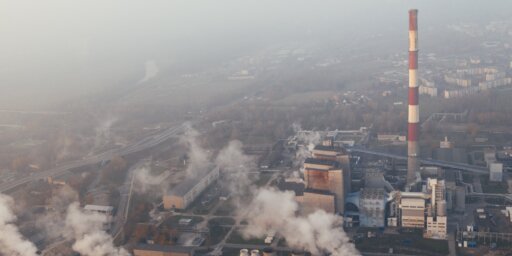
Podcast with Cory Doctorow: Science Fiction and the Future of Science: Leveraging Digital Advancements for the Future
11.12.2023

For science-based decision-making on the climate emergency: 10 new insights in climate science
05.12.2023
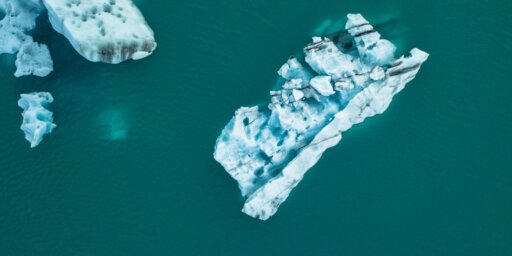
Call for nominations to renew the Scientific Committee of the Integrated Research on Disaster Risk (IRDR) Programme - deadline: 15 January
29.11.2023
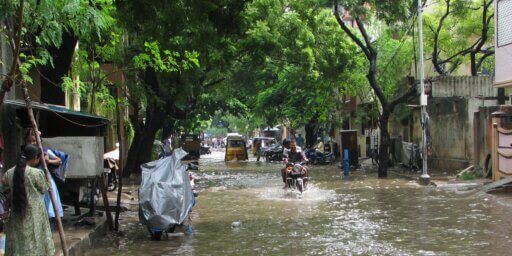
Podcast with Fernanda Trías: Science Fiction and the Future of Science: Lessons from an Eco-Dystopia
27.11.2023

The costs of shifting scenarios: Why the IPCC should maintain consistent vocabulary in climate assessments
17.11.2023
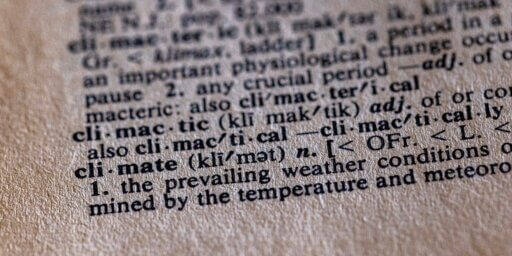
New ISC policy brief: A call for a formal scientific voice in the global fight against plastic pollution
16.11.2023
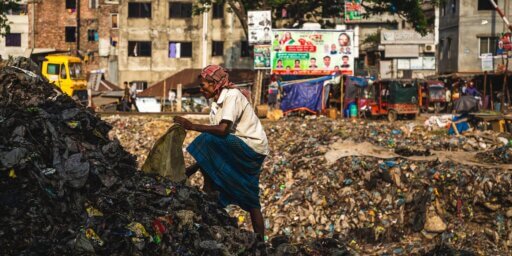
Converging and interdependent crises are amplifying the impacts of one another with often devastating consequences
16.11.2023
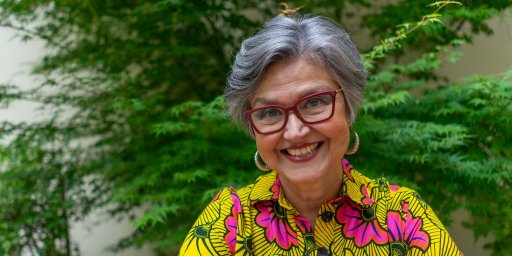
FAO and the International Science Council join forces to strengthen science-policy interfaces for agrifood systems
14.11.2023

Policy Brief: Creating a Strong Interface between Science, Policy and Society to Tackle Global Plastic Pollution
09.11.2023

One Planet Polar Summit, scientists striving to bridge the science-policy gap for urgent action: "every tenth of a degree Celsius matters"
09.11.2023
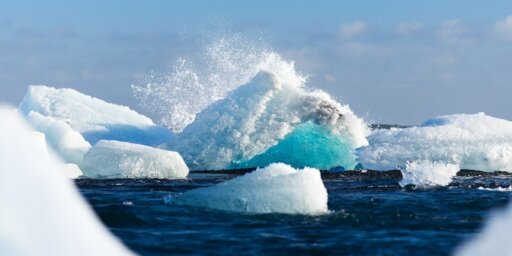
Call for nomination of experts to draft an outline of the IPCC Special Report on Climate Change and Cities - deadline 15 November
02.11.2023

Cultivating a proactive approach to crises: first meeting of the UNEP/ISC foresight expert panel
26.09.2023
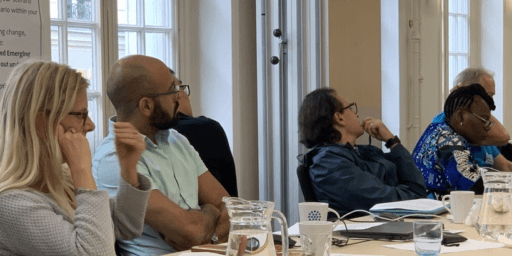
"The making of the Golden Record of our century": daring to pursue mission-oriented science
19.09.2023

To achieve sustainable development, the world needs to mobilize around a big science approach once more
13.09.2023
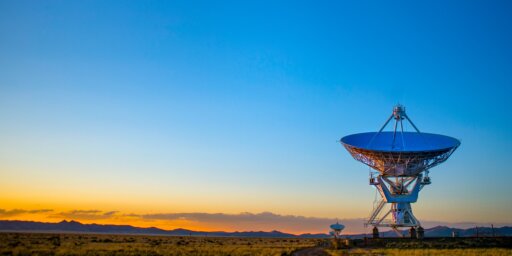
Proclamation of the International Decade of Sciences for Sustainable Development by the United Nations General Assembly
29.08.2023
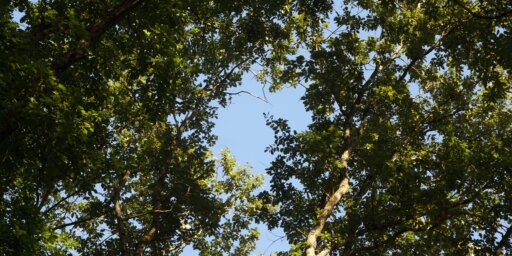
Helping newsrooms get disaster risk ready, an International Science Council and World Editors Forum collaboration
21.08.2023
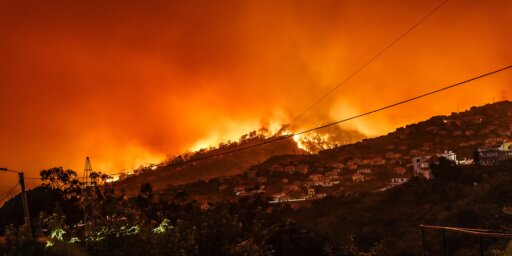
Global science needs a new approach to tackle climate change and complex sustainability question
27.07.2023
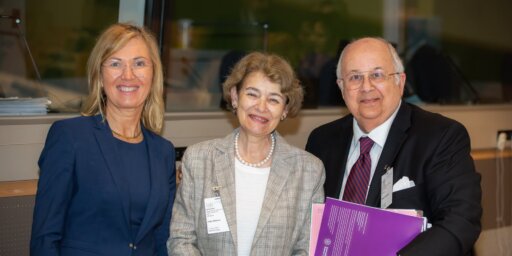
Ambitious global $1 billion per year ‘mission science’ model needed to win on sustainable development in time, warn experts
12.07.2023

Charting a New Course: Science Day to Pioneer Evidence-Based Strategies for SDG Acceleration at the HLPF 2023
11.07.2023
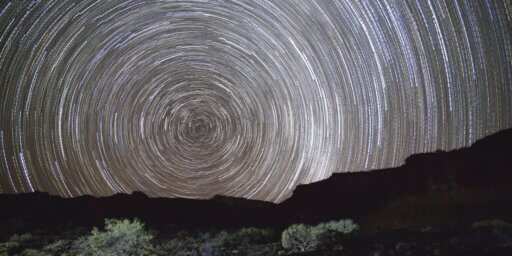
A Model for Implementing Mission Science for Sustainability: proposed by the Technical Advisory Group to the Global Commission on Science Missions for Sustainability
11.07.2023

Preparing for Crisis X: Can newsrooms and the scientific community overcome sceptical publics?
29.06.2023
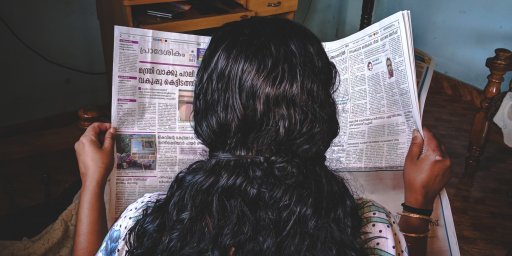
Frontiers Planet Prize, second edition: celebrating the world’s most innovative sustainability scientists by 1 November
08.06.2023
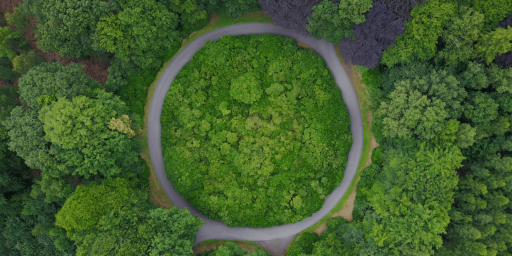
Protecting the ocean: 5 essential reads on invasive species, overfishing and other threats to sea life
08.06.2023
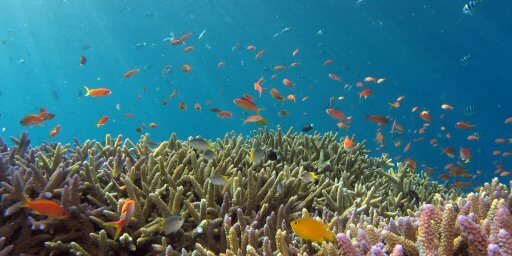
The ISC at the Second Session of the Intergovernmental Negotiating Committee on Plastic Pollution
29.05.2023

Rising to the challenge of the High-Level Meeting on the Sendai Framework: Insights from the ISC's latest disaster risk reduction report
18.05.2023
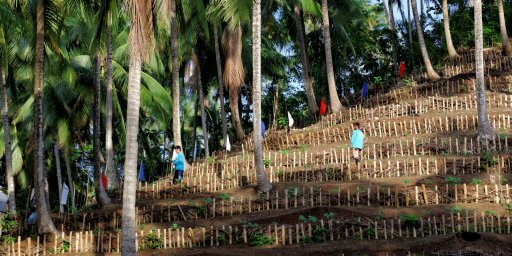
Nurturing a Sustainable Future: Collaboration, Empowerment, Trust, and Resilience in Science at the ISC Mid-term Members Meeting
16.05.2023

From Antarctica to Space: updates from Affiliated Bodies on Day 3 of ISC Mid-term meeting
15.05.2023
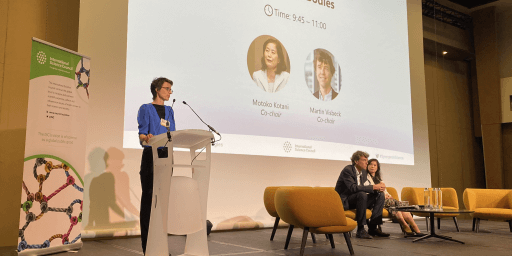
ISC's nomination track ensures transdisciplinary and global representation in UNEP's Scientific Advisory Group for GEO-7 Assessment
14.04.2023
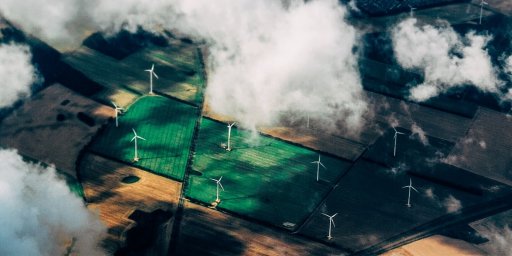
Rebalancing Waste Management Governance in Cities with Informal Systems: Engaging Local Stakeholders and Academics through Transdisciplinary Research
11.04.2023
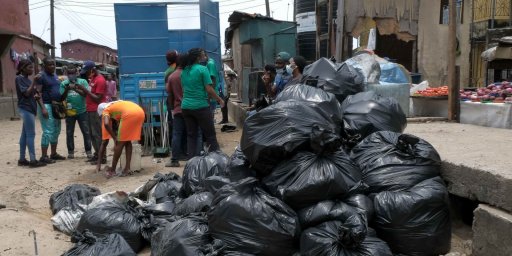
Launch of the LIRA 2030 Africa reports highlighting key achievements and lessons learned from advancing transdisciplinary science in Africa
03.04.2023
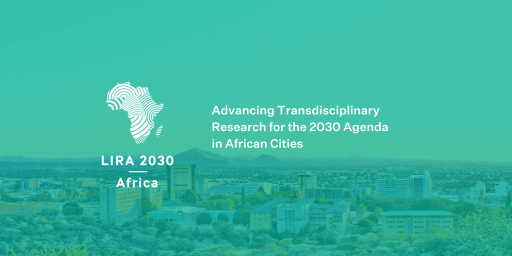
LIRA 2030 Africa: Learning from Practising Transdisciplinary Research for Sustainable Development in African Cities
03.04.2023
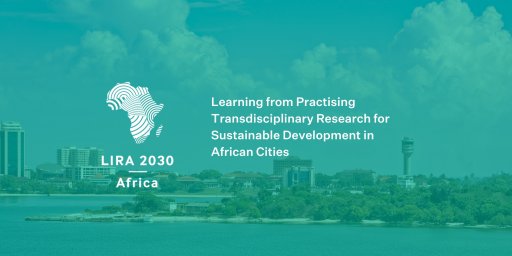
UN 2023 Water Conference carries new engagements towards realizing SDG6 and future avenues for a decade of action
23.03.2023
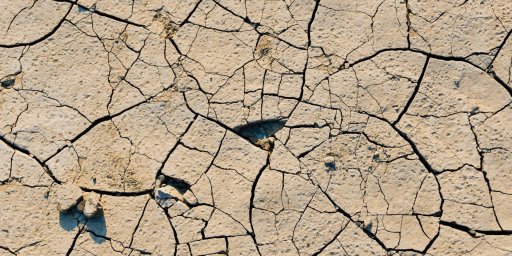
IPCC report: the world must cut emissions and urgently adapt to the new climate realities
21.03.2023
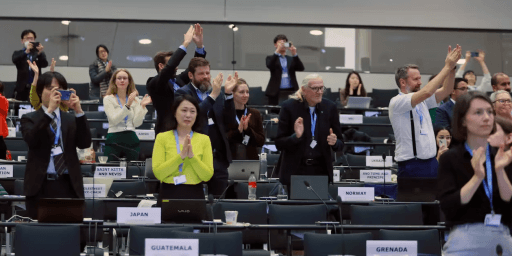
Delivering actionable and science-based water solutions: new ISC policy brief launched ahead of the 2023 UN Water Conference
15.03.2023
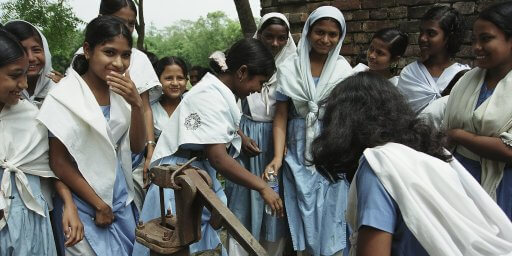
ISC-BBC StoryWorks partnership ends on a high note, delivering some of the highest engagement for the BBC
13.03.2023

World is set to miss UN targets for preventing deadly and costly disasters by 2030, warns International Science Council
28.02.2023

Distinguished lecture series - From fire to space - Basic sciences lead and shape our paths toward sustainable development
13.02.2023

In wake of ‘natural’ disasters, not reducing biodiversity loss is a big missed opportunity
01.02.2023

International Science Council deplores the exclusion of women from university education in Afghanistan and urges the Afghan authorities to reverse their decision
31.12.2022
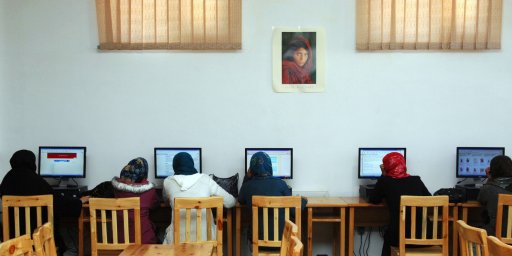
The ISC and UNEP to cooperate on advancing the use of science in environmental policy and decision-making
16.12.2022

Science in Times of Crisis Episode 3 - The Fallout of Conflict: The Arctic and Outer Space
15.12.2022
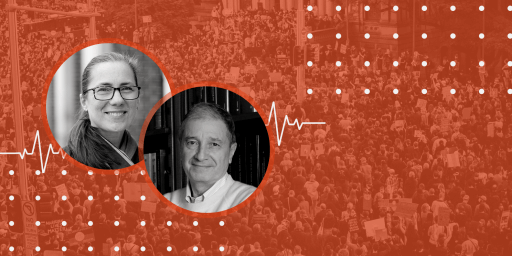
There are 8 years left to meet the UN Sustainable Development Goals, but is it enough time?
18.11.2022
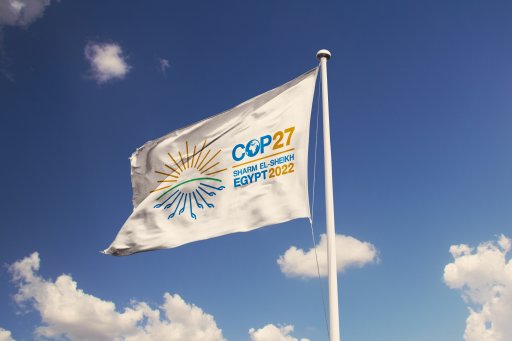
Special interview series on COP 27- Interview with Nick Perkins about climate change and science communication
17.11.2022
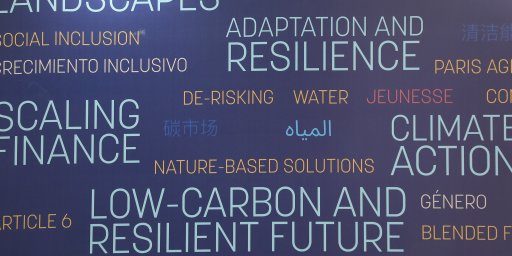
Are we in a new era of climate adaptation implementation? The role of regional governments in facilitating local action
09.11.2022
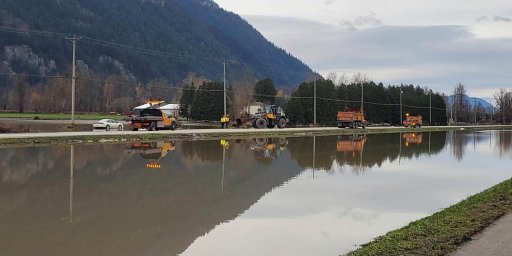
In the face of extreme weather events, coordinated global action to address climate change is needed at COP27
04.11.2022
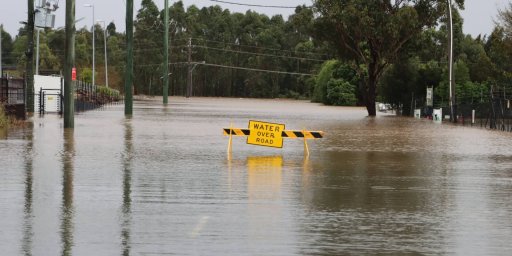
Professor Carlos Lopes on why Africa needs to stick to renewables despite the temptation of gas
28.10.2022
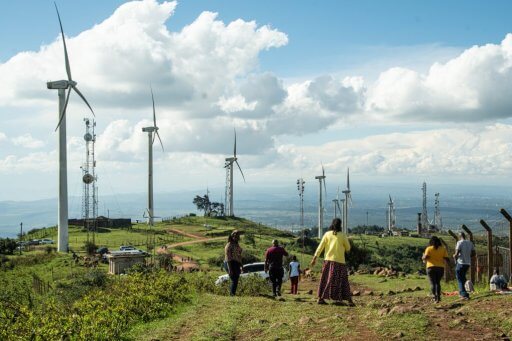
Happy birthday to the Montreal Protocol – the most successful environmental treaty of all time?
16.09.2022
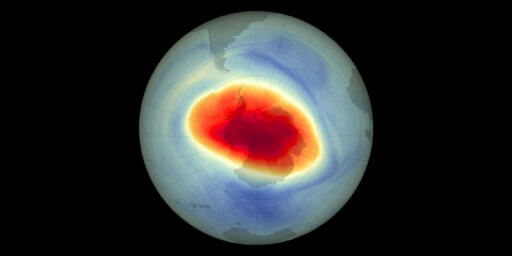
Funding for resilience: Five key objectives to protect vulnerable groups through Environmental, Social, and Governance (ESG) Investing
04.08.2022
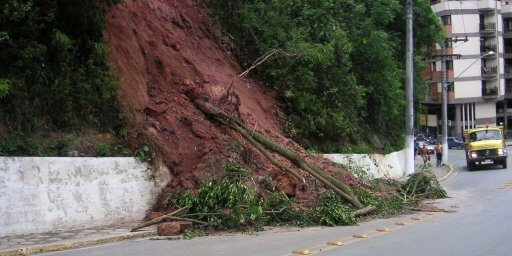
Policy Brief: Harnessing data to accelerate the transition from disaster response to recovery
24.05.2022
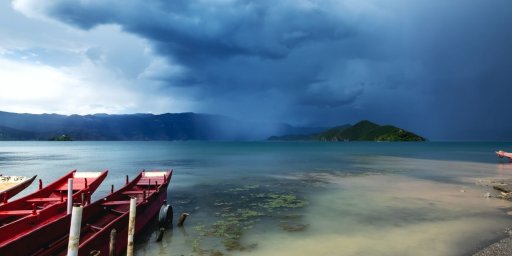
Three things to know about how Intellectual Property can contribute to sustainability transitions
26.04.2022
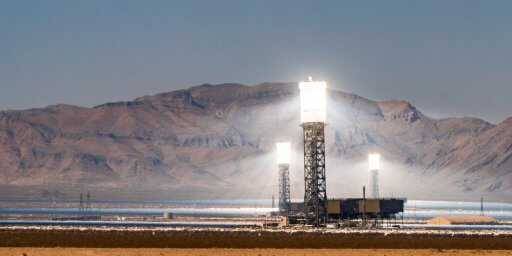
Managed retreat from areas threatened by floods can catalyse positive social transformations
13.04.2022
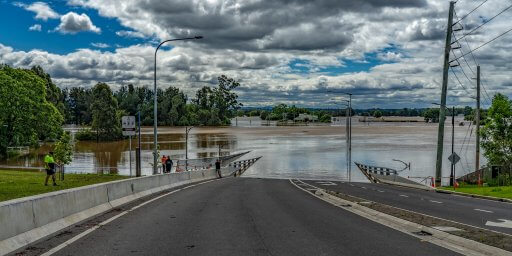
New Technical Advisory Group to support the Global Commission on Science Missions for Sustainability
07.04.2022
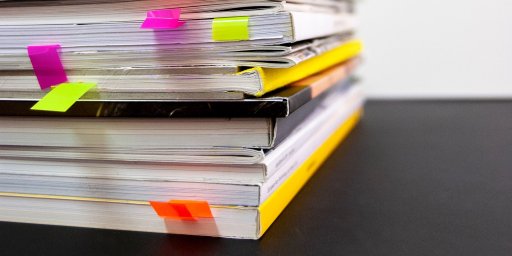
Joint letter to ISC Members from ISC President, Peter Gluckman, and Acting CEO, Mathieu Denis
06.04.2022
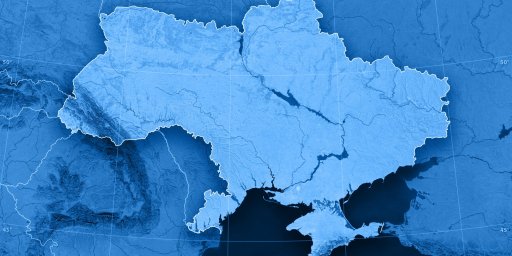
Systemic Risk Briefing Note highlights complexity of interconnected, interdependent, and uncertain challenges
10.03.2022
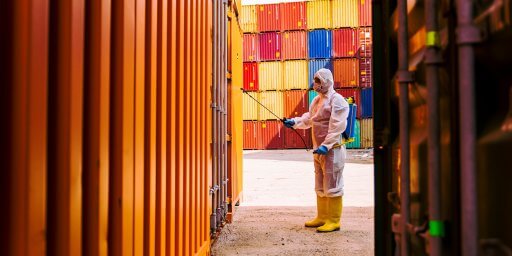
Women Leading on Equitable and Inclusive Solutions to address the Climate Emergency: Webinar
08.03.2022
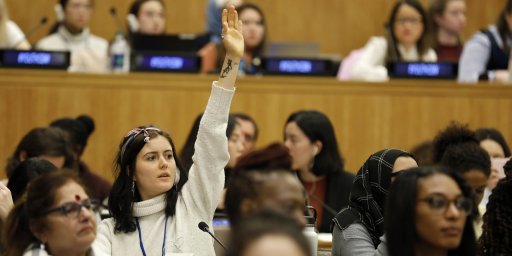
The window for climate action to avoid dangerous systemic risks is narrowing, warns latest IPCC report
28.02.2022
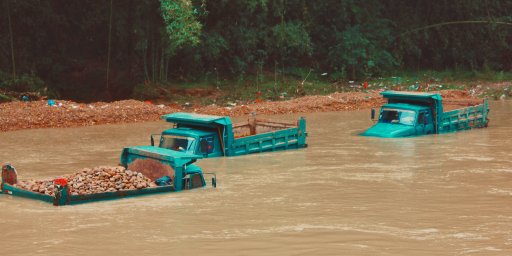
Strengthening emergency communications for complex, cascading and compounding events – lessons learned from the Hunga Tonga-Hunga Ha'apai eruption and tsunami in Tonga
14.02.2022
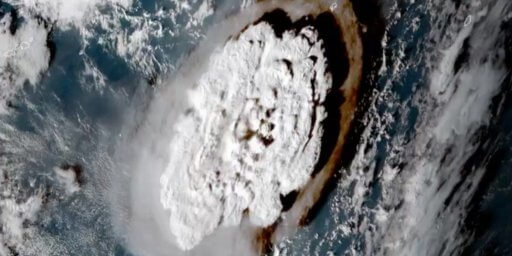
An early career perspective on the science-policy interface in the decade of climate action following COP26
28.12.2021

The International Year of Basic Sciences for Sustainable Development proclaimed by the United Nations General Assembly for 2022
03.12.2021
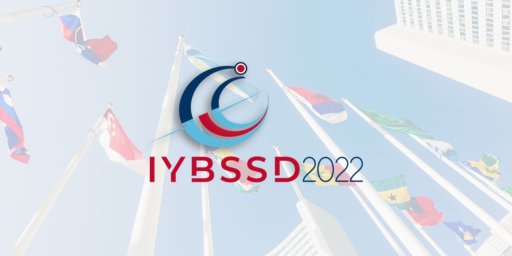
If universities want to hit climate targets, they should use their land for carbon offsetting
26.11.2021

Major scientific assessment of the Amazon region issues urgent call to end deforestation and avert tipping points
15.11.2021
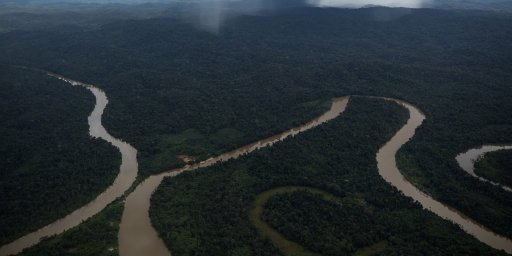
Climate change projections for Pakistan: the need for sustainable solutions to protect its people and biodiversity
08.11.2021
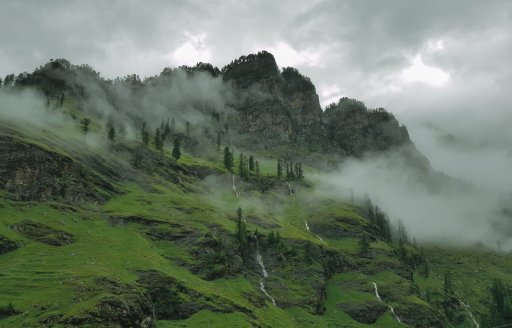
Four considerations for accelerating progress on climate change at the science-policy interface
05.11.2021
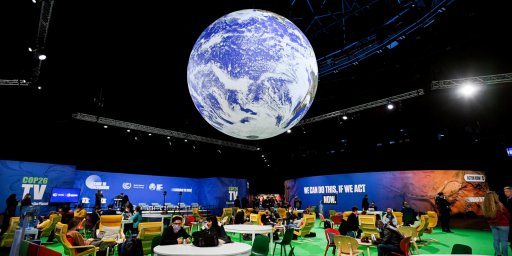
Ten New Insights in Climate Science 2021 report highlights critical research and policy implications for addressing the climate crisis
04.11.2021
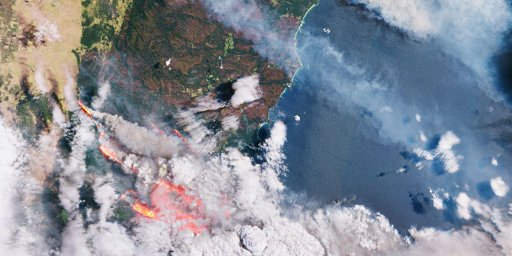
Ahead of COP26, Ekanem I. Braide shares her perspective on the priorities for action and the role of science
29.10.2021
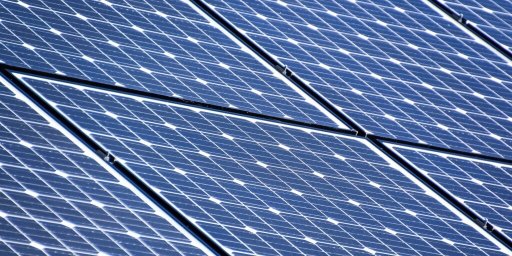
Climate risk assessment gaps: seamless integration of weather and climate information for community resilience
27.10.2021
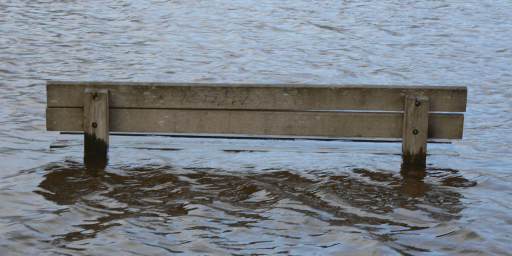
Increasing the participation of women in the climate change debate, including as leaders, is essential for a carbon-zero future
19.10.2021
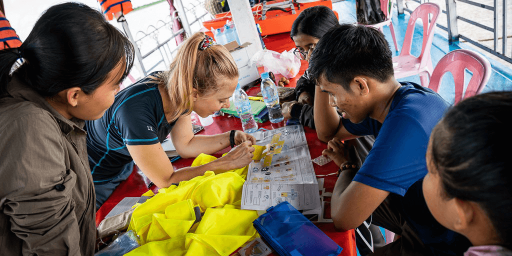
Deepening interactions between science and policy on the way to COP26: What role for science publishers?
12.10.2021

Hazard Information Profiles: Supplement to UNDRR-ISC Hazard Definition & Classification Review - Technical Report
04.10.2021
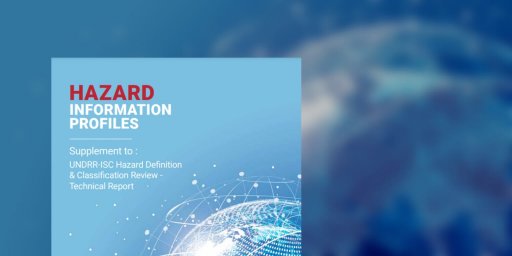
Strengthening the resilience of our global food system while advancing its transformation
23.09.2021
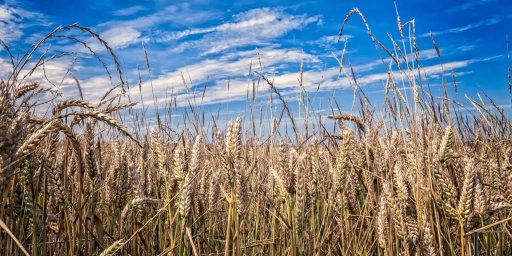
Earthquake expert who advised the Haiti government in 2010: ‘Why were clear early warning signs missed?’
13.09.2021
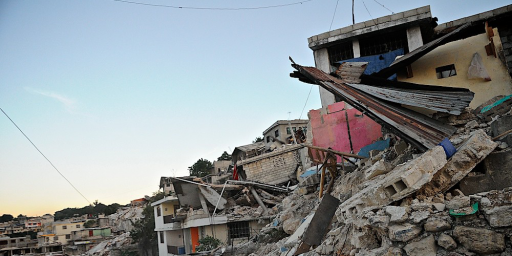
Call for emergency action to limit global temperature increases, restore biodiversity, and protect health
06.09.2021
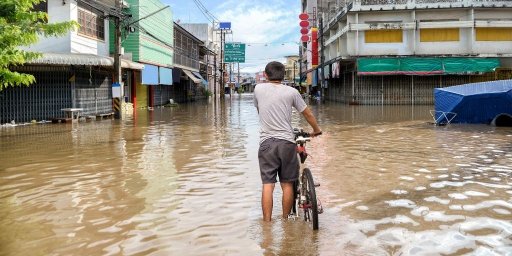
Coastal communities in the Arctic rely on structural measures to adapt to climate change, but should they?
19.08.2021
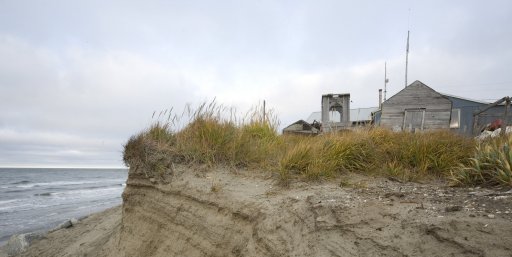
Deep and sustained emissions reductions required to head off rapid climate change affecting all regions of the world
09.08.2021
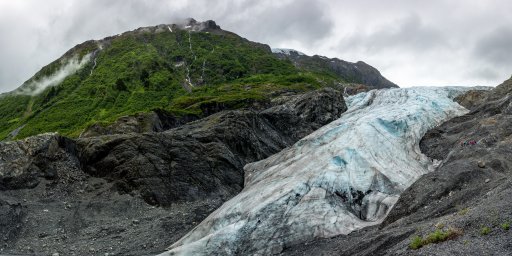
Navigating towards sustainability: how research networks can make a difference using the ‘network compass’
06.07.2021
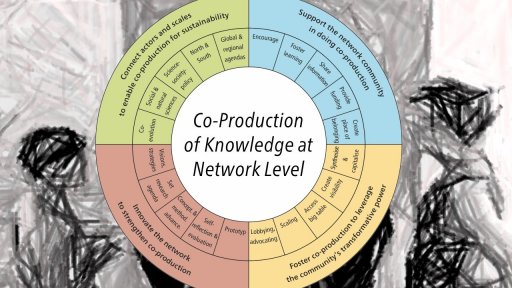
Tell me a story – why climate change communication needs to embrace our childlike curiosity
28.06.2021
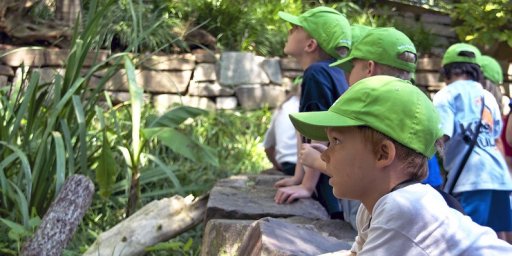
Critical social science perspectives on transformations to sustainability – emerging framings and approaches
14.06.2021

COP26 Climate Action Champion Nigel Topping on creating an 'ambition loop' for bolder pathways to change
04.05.2021
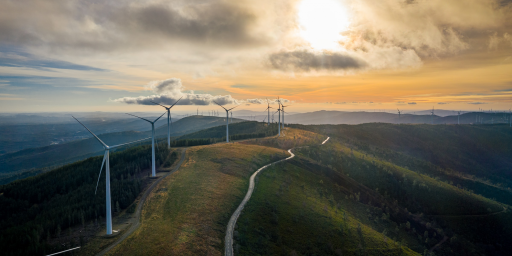
Strengthening the links between science and society for action on climate change in France
19.04.2021
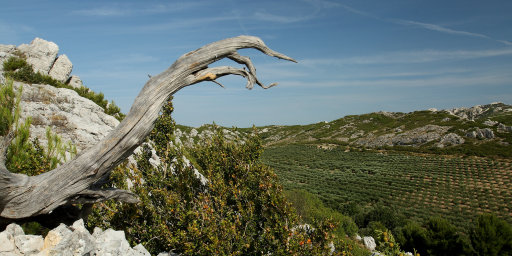
Target high-carbon emitters to accelerate green transition, say leading experts on behavioural change
13.04.2021

Working scientist podcast: Democratizing knowledge and access to tools for sustainable development
11.03.2021
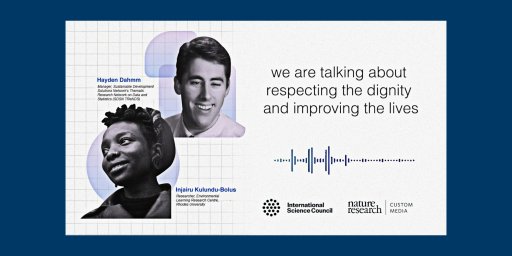
Working together: Future Earth and WCRP announce partnership to jointly address major societal challenges
18.12.2020
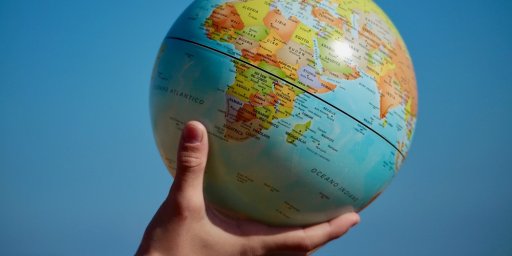
The Intergovernmental Oceanographic Commission launches the Global Ocean Science Report 2020
14.12.2020

Taking stock of progress on global change: What to expect from the UNEP Global Assessments Synthesis Report
03.12.2020
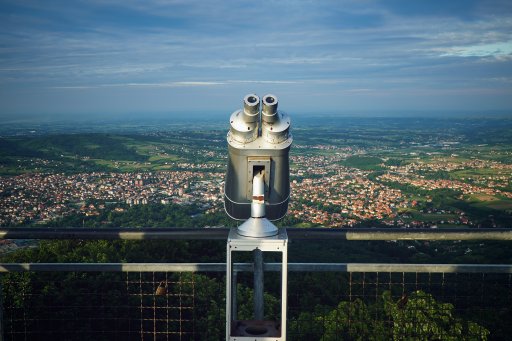
Kyoto Landslide Commitment launched to increase understanding on how to reduce landslide risk
02.12.2020
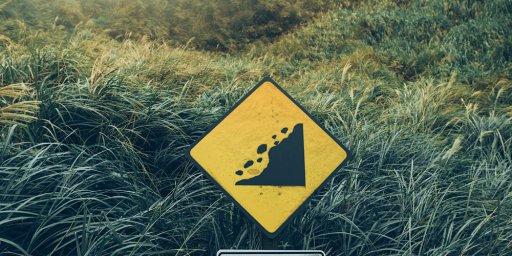
ISC and Sustainability in the Digital Age partner to drive transformative system changes for an equitable world
27.11.2020

Global Young Academy promote sustainable solutions to problems within global health and higher education
28.10.2020
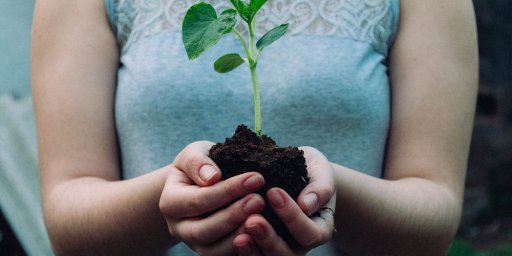
Transformation to Sustainability: Integrating Indigenous and Western knowledge systems for water management and governance
20.10.2020

Lessons from existing disaster risk and recovery research should inform equitable and sustainable pathways out of the pandemic
13.08.2020
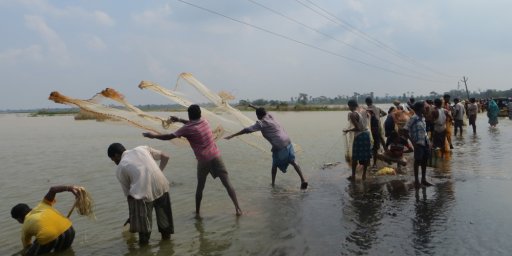
From COVID-19 crisis comes opportunity to rethink risk - by Heide Hackmann, ISC CEO and Mami Mizutori, Secretary-General UNDRR
03.06.2020
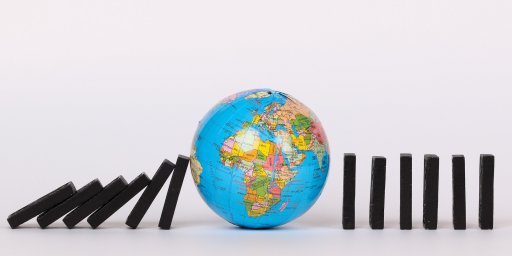
Coalition for Environmental Sustainability in support of the UN’s Roadmap for Digital Cooperation
24.04.2020

Tackling Climate Change with COVID-19 Urgency - by ISC Patron, Mary Robinson and ISC President, Daya Reddy
01.04.2020
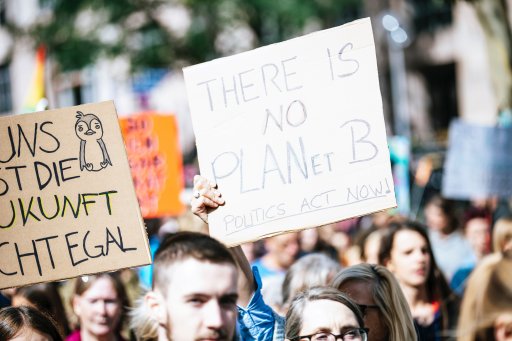
Placing scientific knowledge, preparedness and public awareness at the core of disaster risk policy
01.04.2020
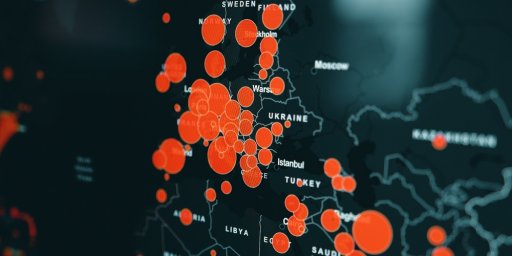
Building resilience against biological hazards and pandemics: COVID-19 and its implications for the Sendai Framework
27.03.2020
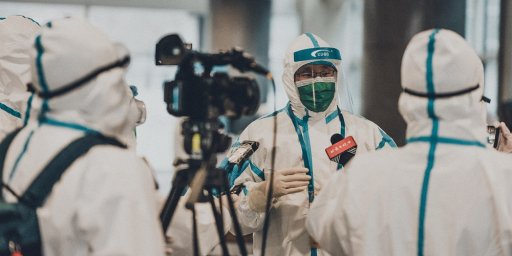
Call for nominations of experts to serve on the Editorial Board of the IPCC Emission Factor Database
02.12.2019

Cities in the Danger Zone: Adding Natural Threats to the Development Challenges in the Democratic Republic of the Congo and Cameroon
13.11.2019
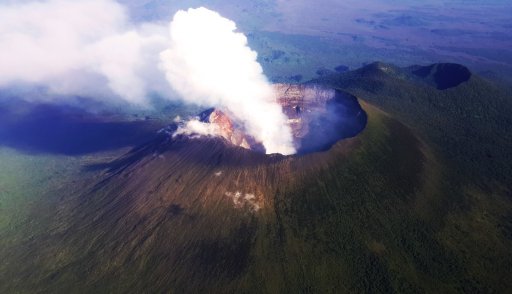
ISC commits to enhanced collaboration with UN-Habitat and UNDRR on urban health and wellbeing and disaster risk reduction
20.06.2019
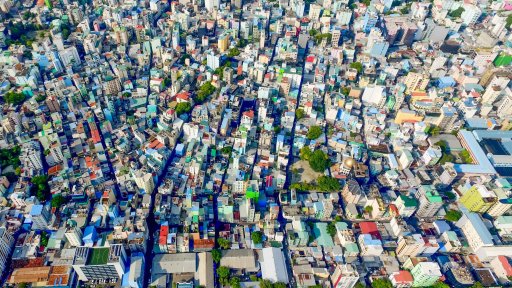
The triumphs and trials of transdisciplinary research: reflections on the un-disciplining of disciplines
28.05.2019
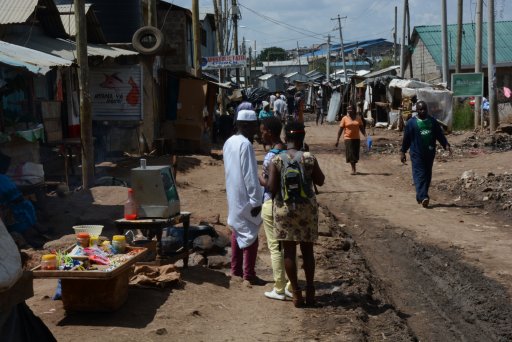
Official Statement by the Scientific and Technological Community (STC) Major Group Global Platform for Disaster Risk Reduction 2019, Geneva, Switzerland
17.05.2019
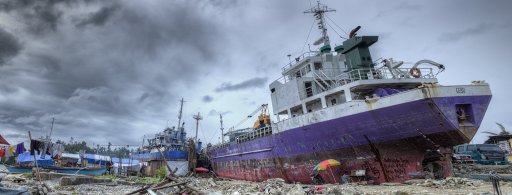
Science and Policy Forum underscores need for collaboration across science, policy makers and society for success in disaster risk reduction
15.05.2019
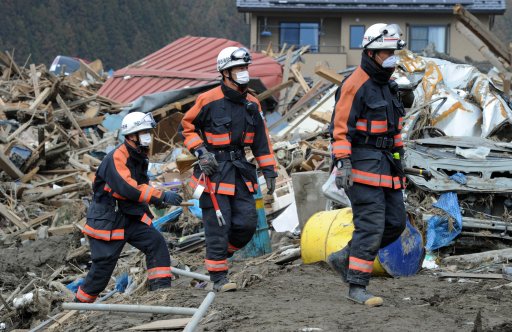
ISC launches policy briefs ahead of the UN Global Platform on Disaster Risk Reduction (GP2019)
10.05.2019
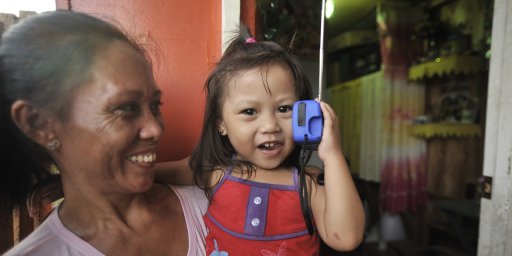
The political challenge of achieving transformations to 1.5ºC – the role of social justice
02.04.2019
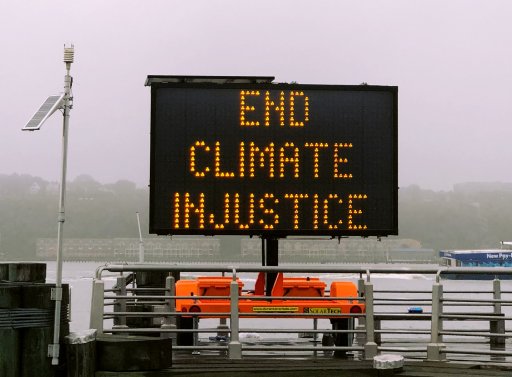
COP24 side event on The CitiesIPCC Research and Action Agenda for effective urban responses to climate change
07.12.2018
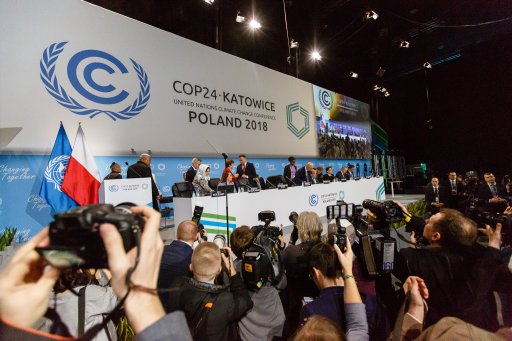
How to bring clean energy to informal settlements: Co-designing sustainable energy solutions in Kenya, Uganda and South Africa
28.08.2018
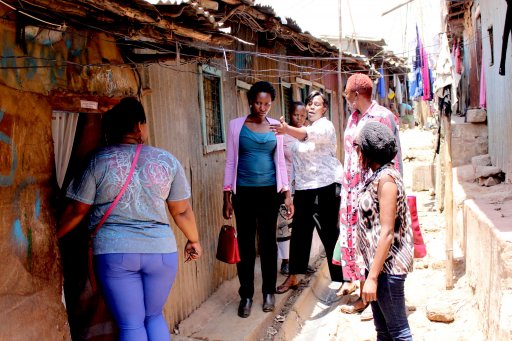
Transforming southern African cities in a changing climate – Q and A with Alice McClure from the University of Cape Town
28.08.2018
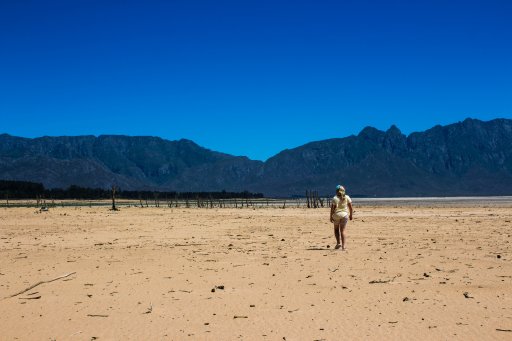
SDG Interactions, gender, science-policy interface: ICSU at the High Level Political Forum
17.07.2017
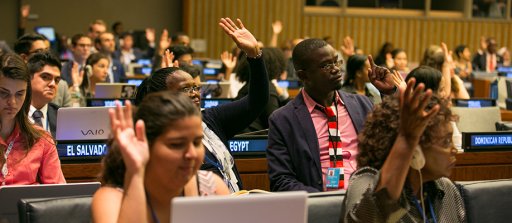
First UN Oceans conference highlights urgency to address marine pollution, warming and over-fishing
15.06.2017
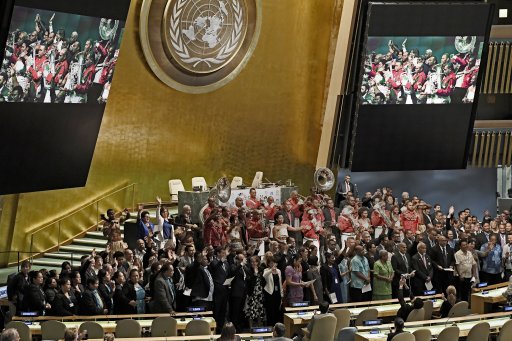
International Council for Science calls on United States to support international efforts to combat dangerous climate change
01.06.2017
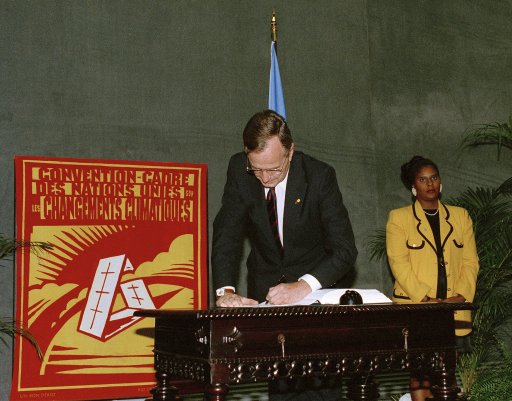
New report from scientific experts provides a unique guide to translate Sustainable Development Goals into reality
12.05.2017
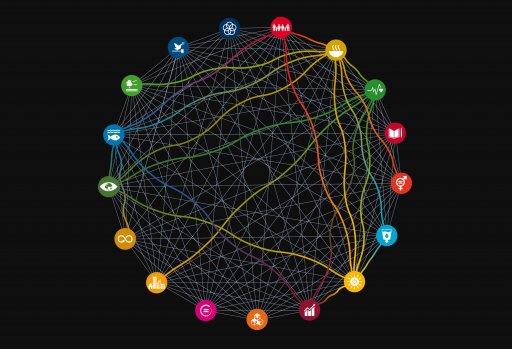
ICSU and IRDR publish set of policy briefs to inform the 2017 Global Platform for Disaster Risk Reduction
11.05.2017
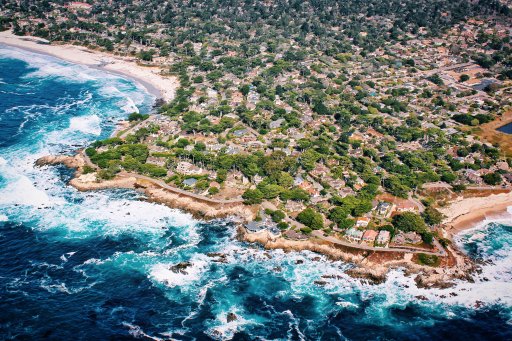
Call for Participation: 2017 Advanced Institute on Disaster Risk Reduction with Systems Approach for Slow-Onset Climate Disasters (AI-SOCD)
18.04.2017
Call for pre-proposals: Advancing the implementation of Sustainable Development Goal 11 on cities in Africa
27.02.2017
NZ Government thanks IRDR and CODATA groups for their help following 2016 Kaikoura earthquake
23.02.2017
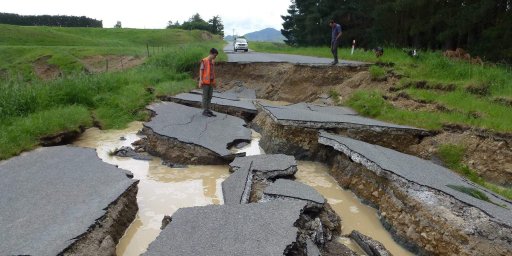
Call for Nominations for the Scientific Committee for the Urban Health and Wellbeing programme
10.02.2017
ICSU Unions receive award to launch multi-year initiatives in science outreach and education
09.02.2017
ICSU publishes independent mid-term review of Integrated Research on Disaster Risk (IRDR) programme
19.01.2017
GSDR report launches in France – High level event and workshop co-organized by ICSU, UNDESA, IDDRI and IRD
28.10.2016
New paper: Disaster risks research and assessment to promote risk reduction and management
18.03.2015
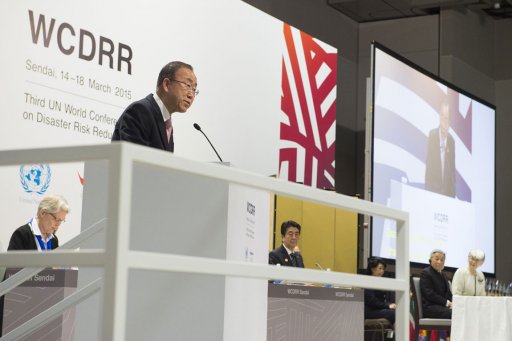
Global Sustainable Development Goals need clearer, more measurable targets, according to new report from science experts
13.02.2015
More than 1,000 delegates gather in Geneva for talks on global disaster risk reduction agreement
20.11.2014
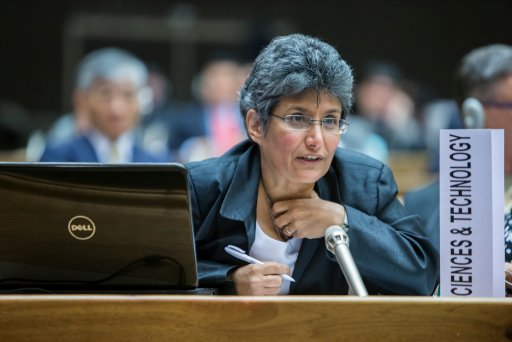
Landmark scientifc data conference ends with strong support of data sharing for sustainability
12.11.2014
UN supports call for an international science advisory mechanism on disaster risk reduction
26.07.2014
Nature publishes paper on SDGs by team of authors from ICSU, IGBP and other organisations
21.03.2013
Science Plan on Hazards and Disasters: Special Vulnerability of Islands – ICSU Regional Office for Asia & the Pacific
11.01.2013
Paper published on ICSU's programme on Health and Wellbeing in the Changing Urban Environment
11.01.2013
Science Plan on Sustainable Energy – ICSU Regional Office for Latin America and the Caribbean
01.01.2010
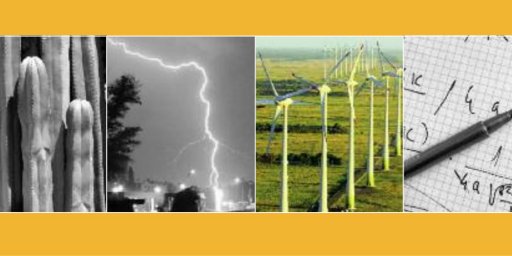
Science Plan on Understanding and Managing Natural Hazard Risks – ICSU Regional Office for Latin America and the Caribbean
01.01.2010
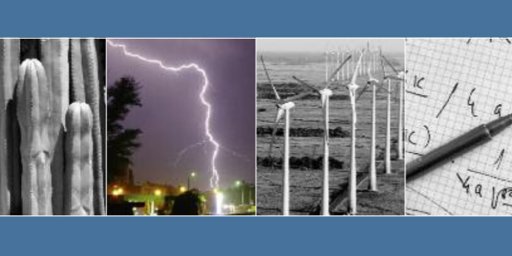
ICSU launches new programme to understand the human impact on Earth’s life-support systems
22.10.2008
International Council for Science (ICSU) launches major research programme on natural disasters
22.10.2008
At Pivotal Event in China, the International Council for Science Releases New Strategy to Strengthen International Science for the Benefit of Society
20.10.2005
